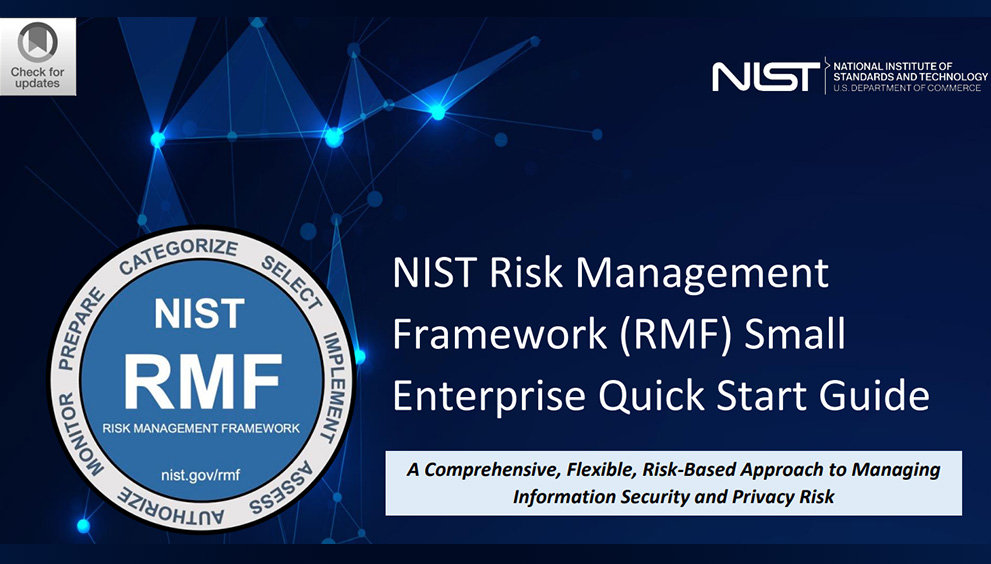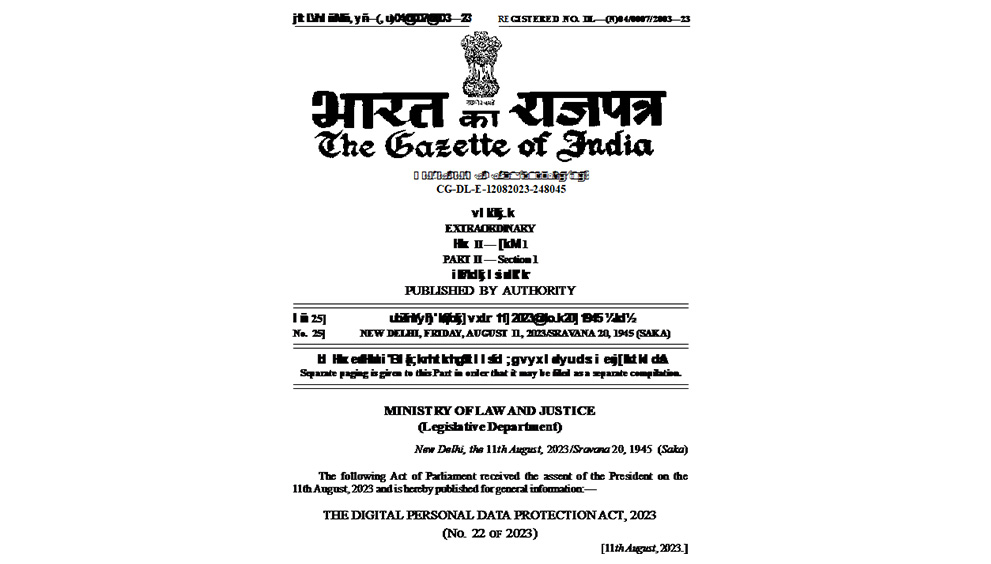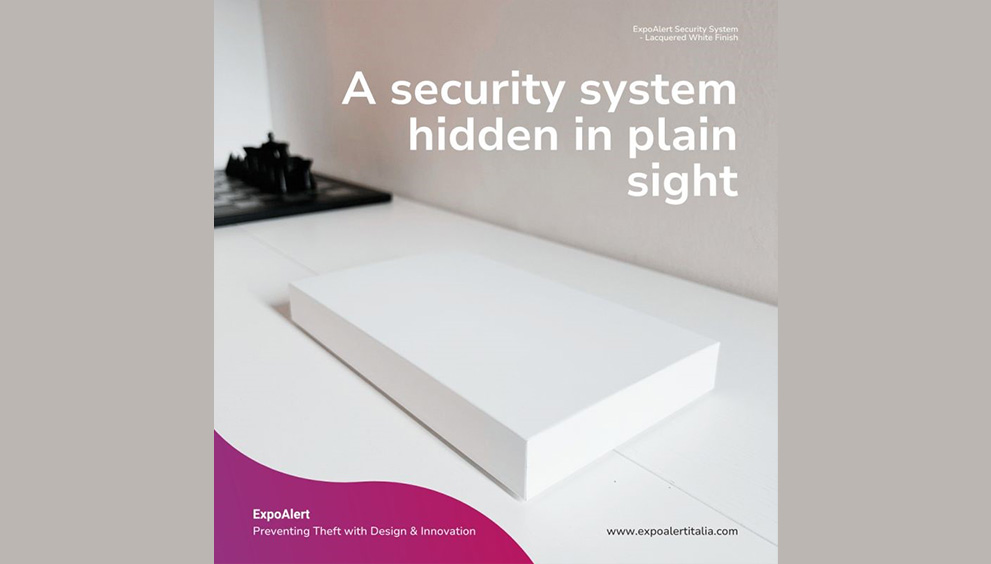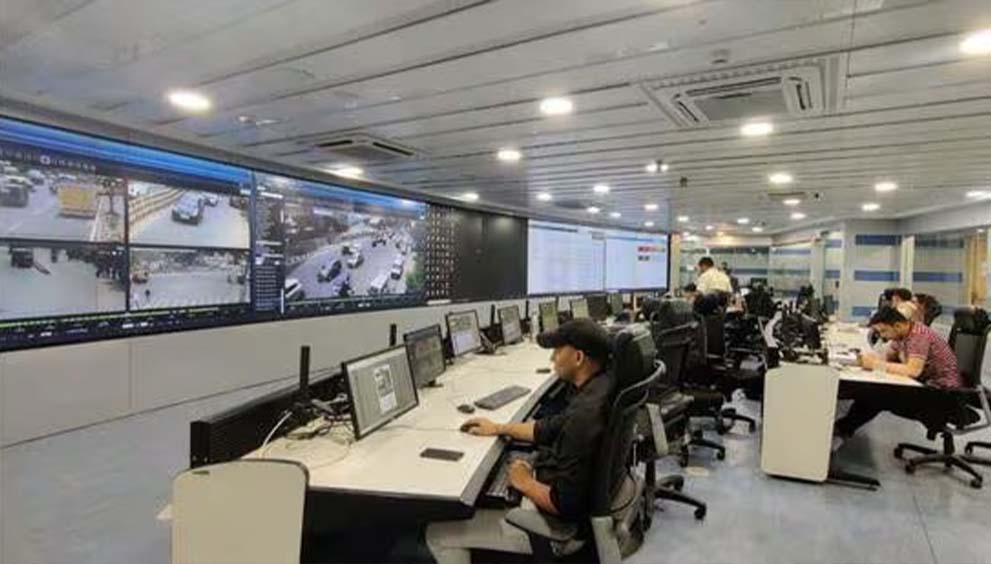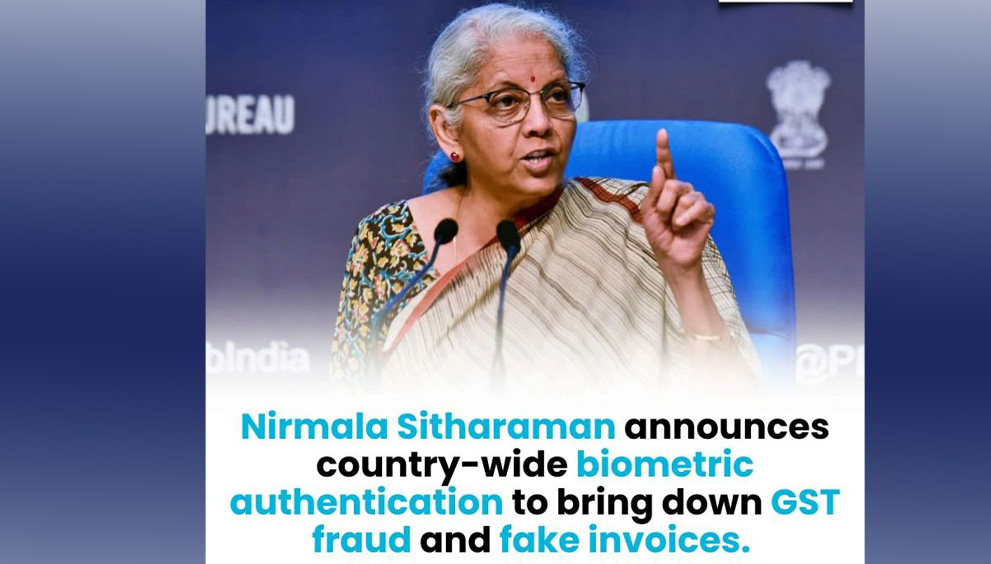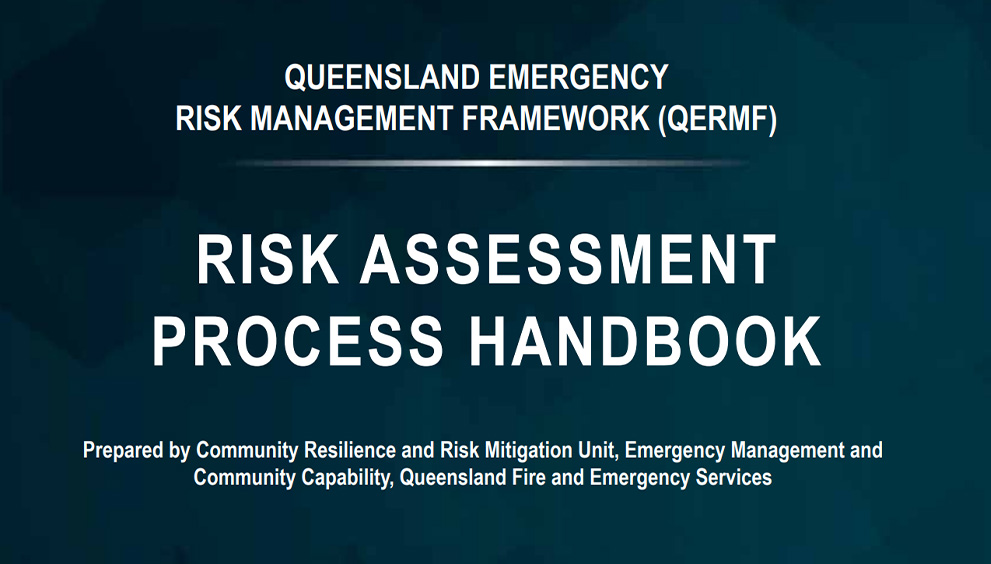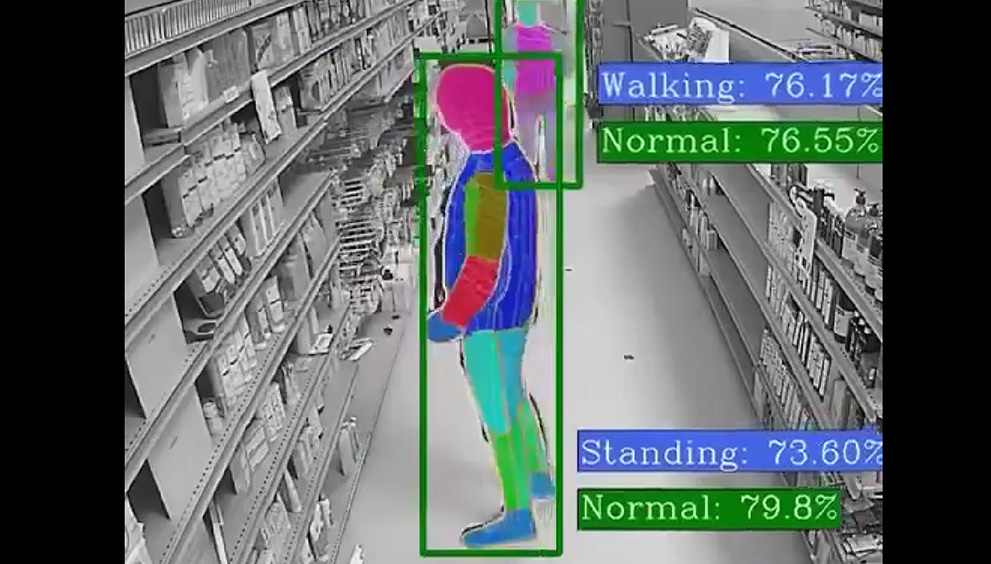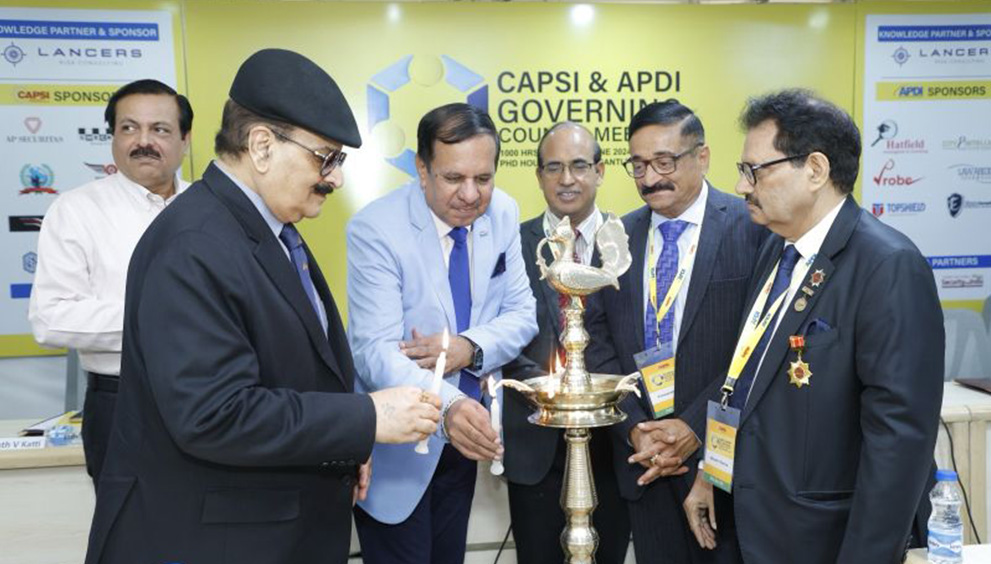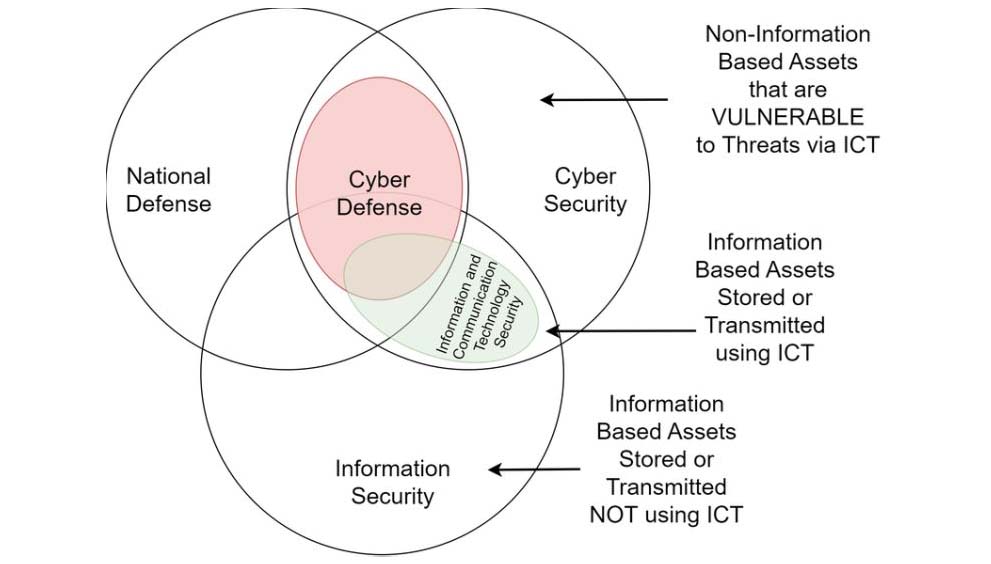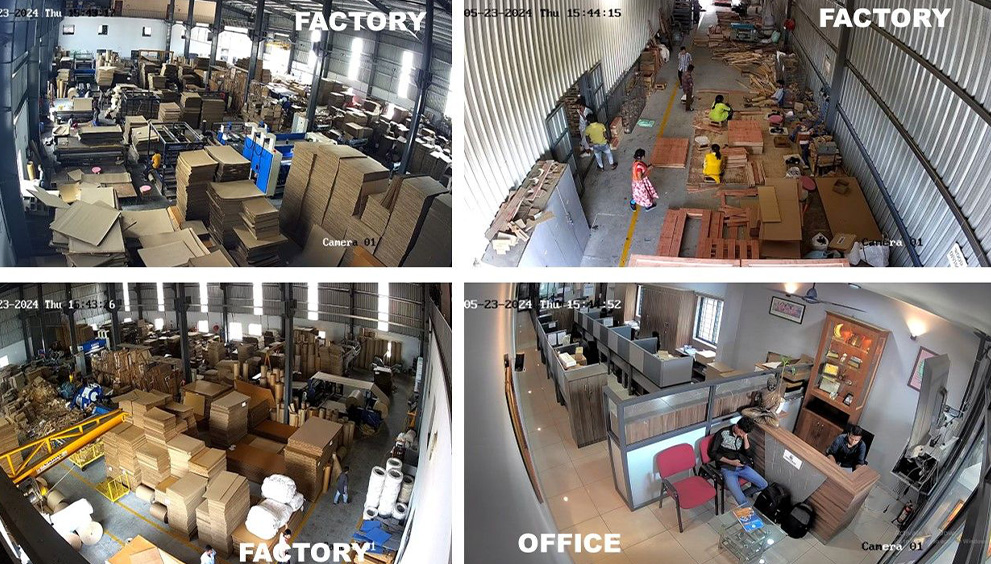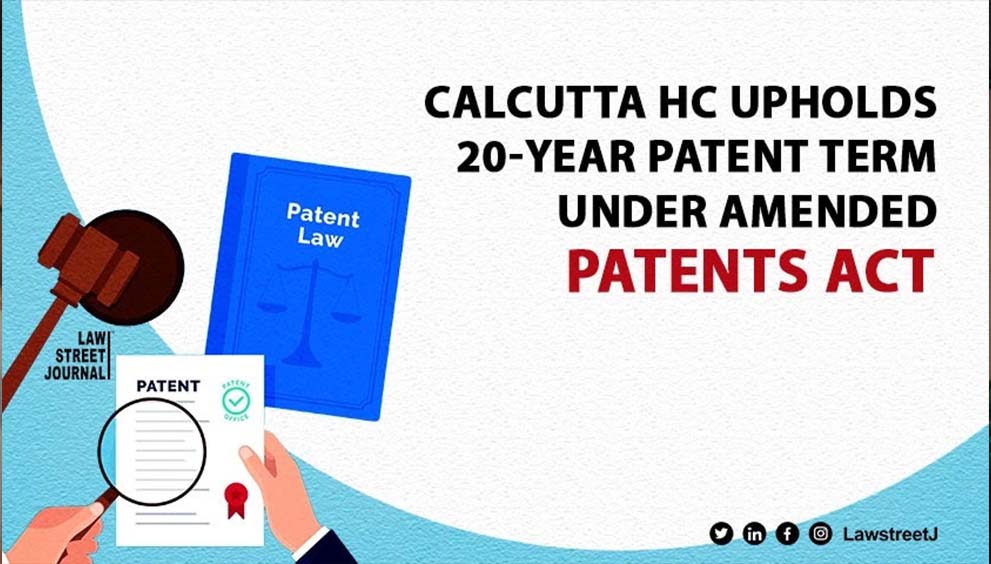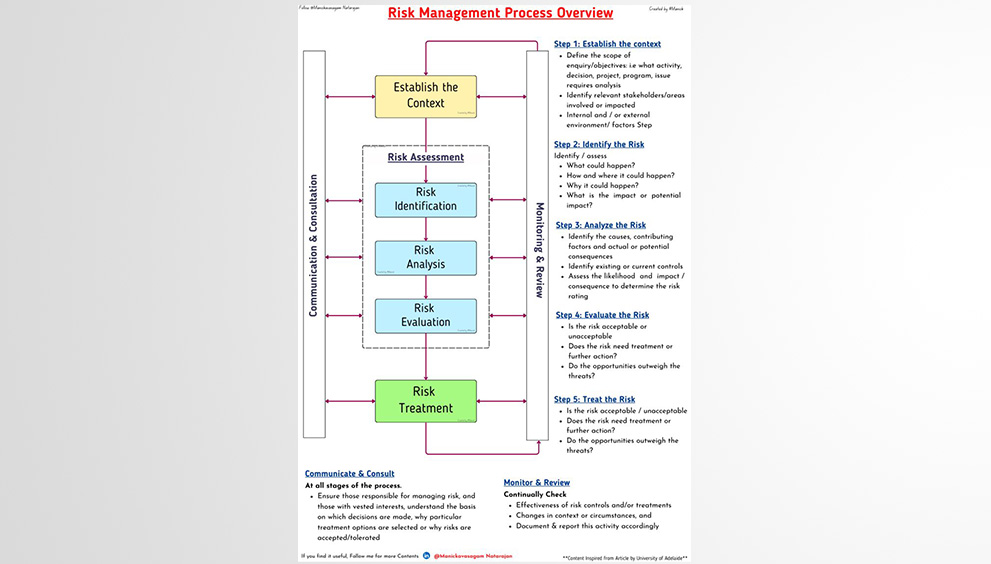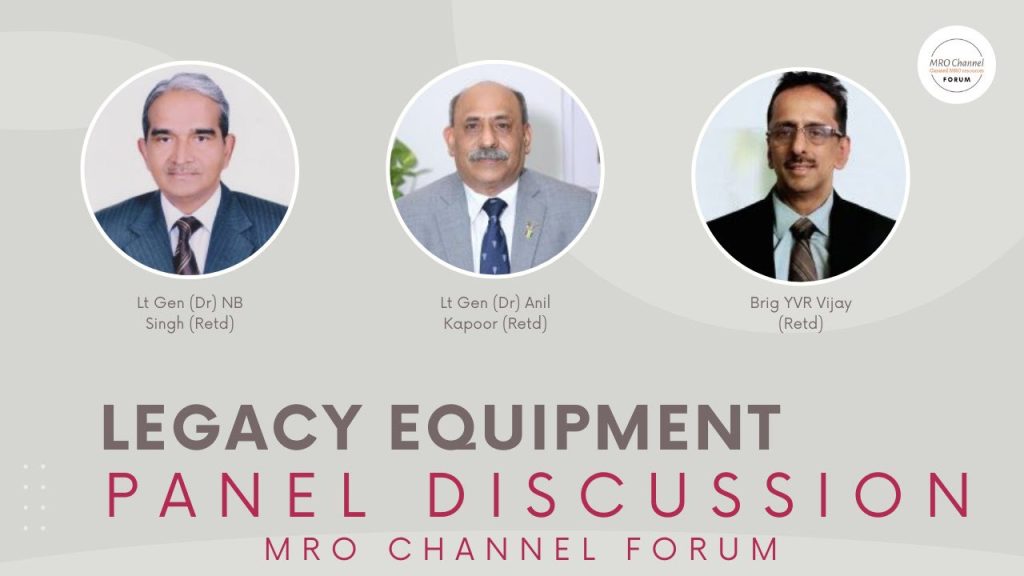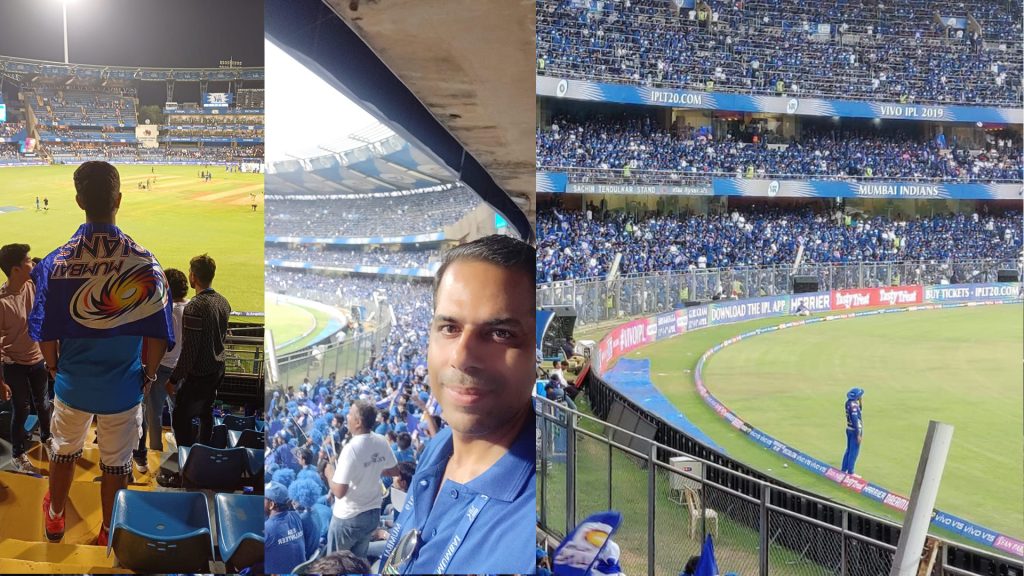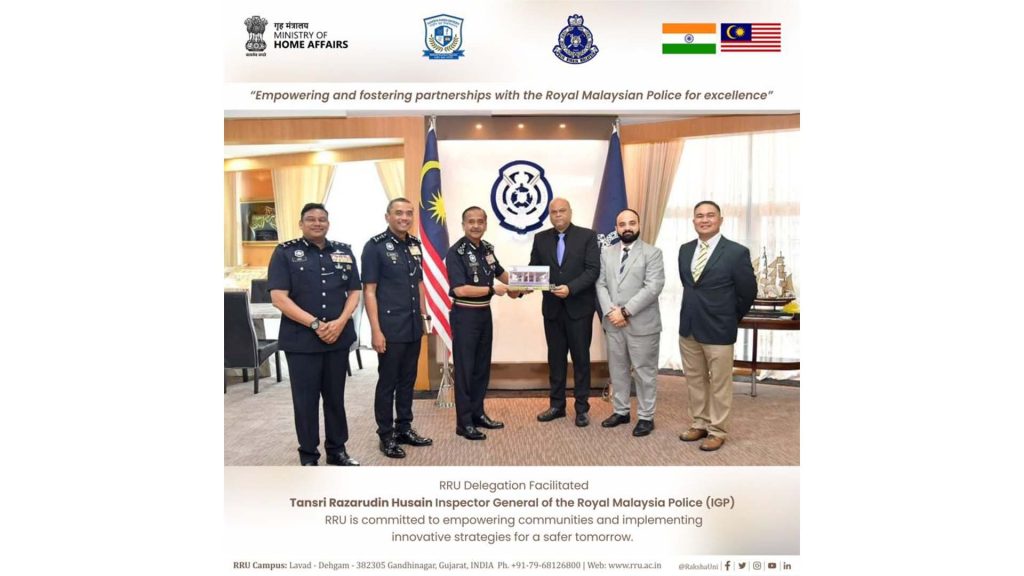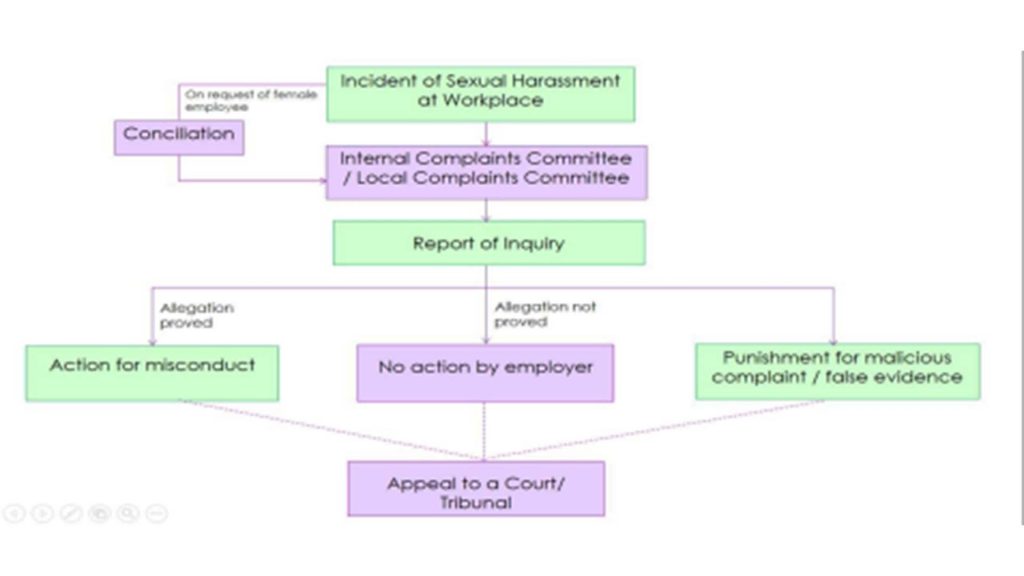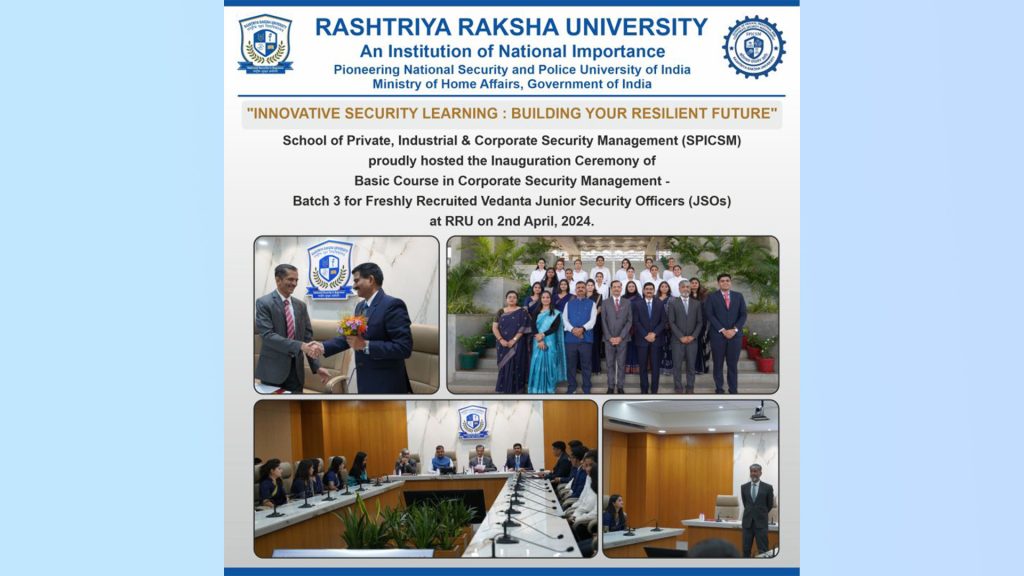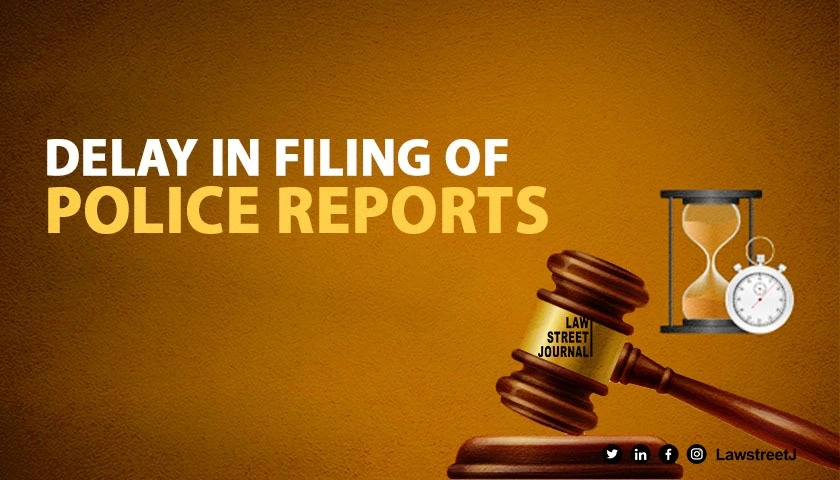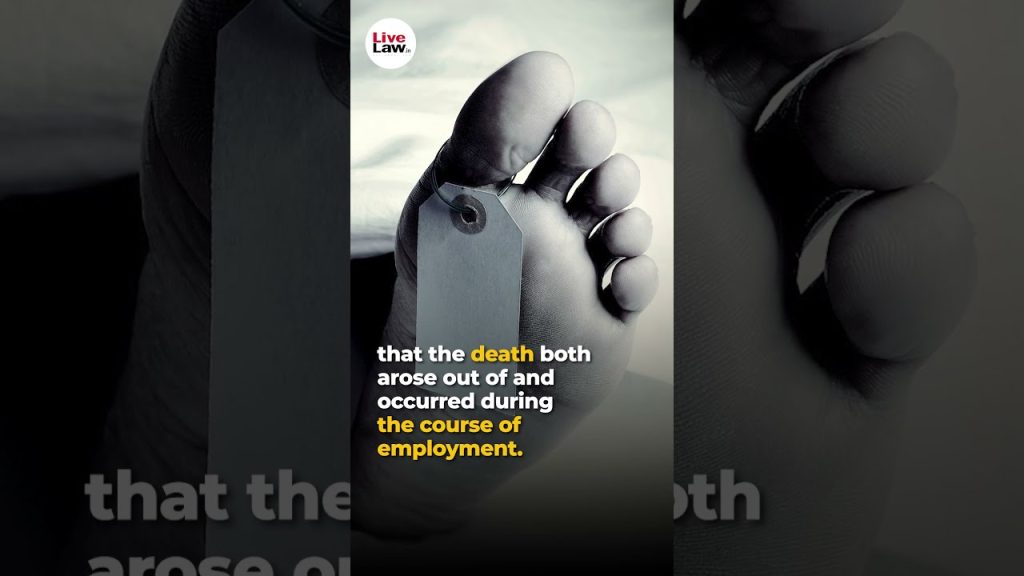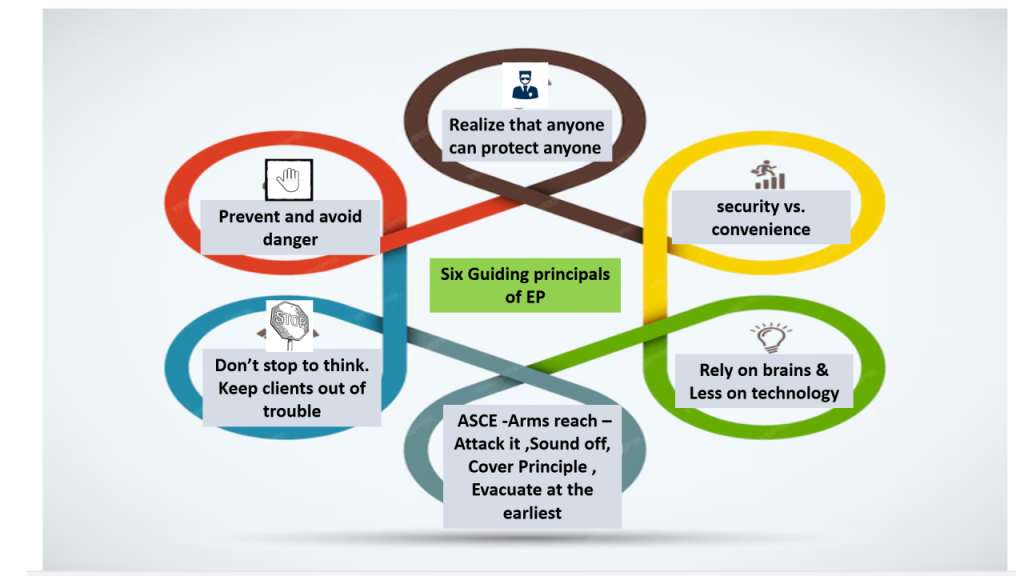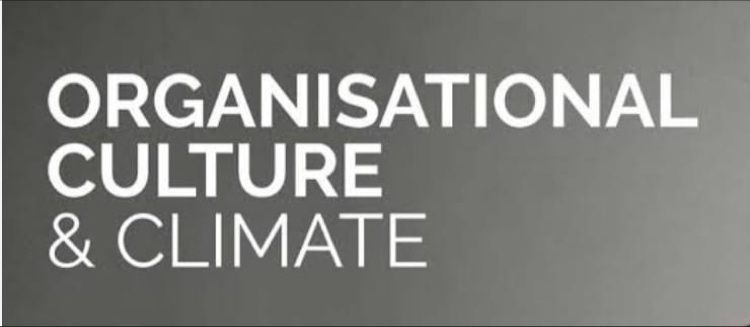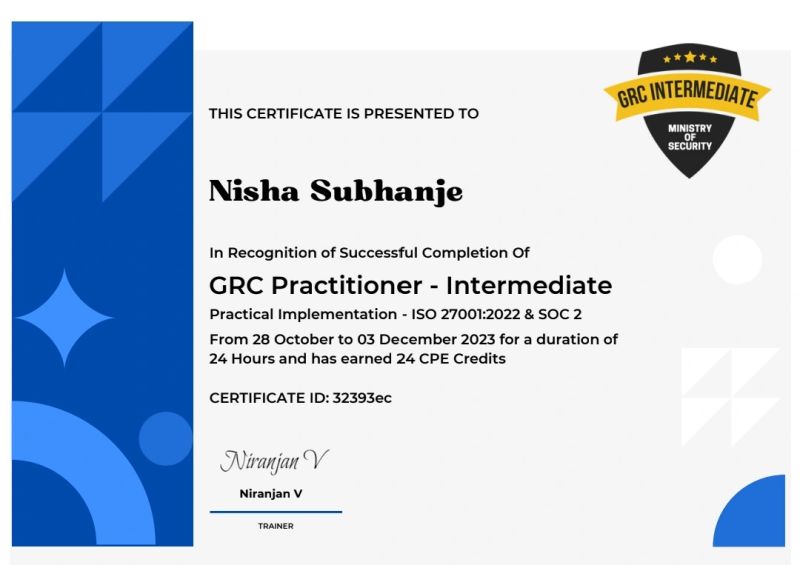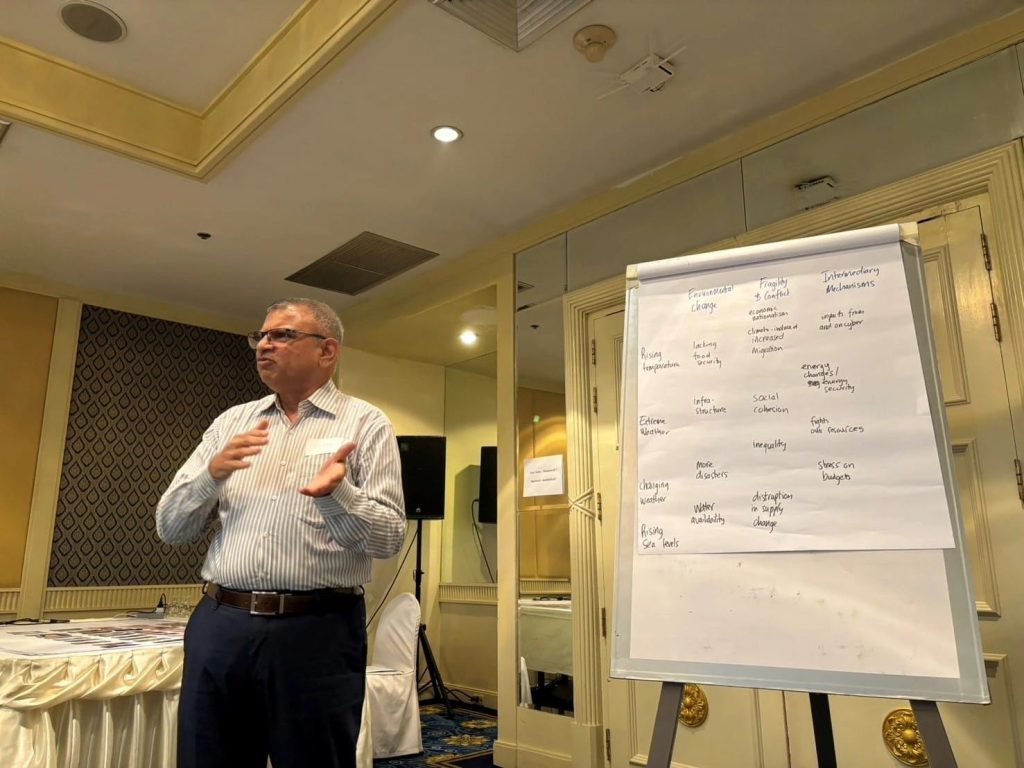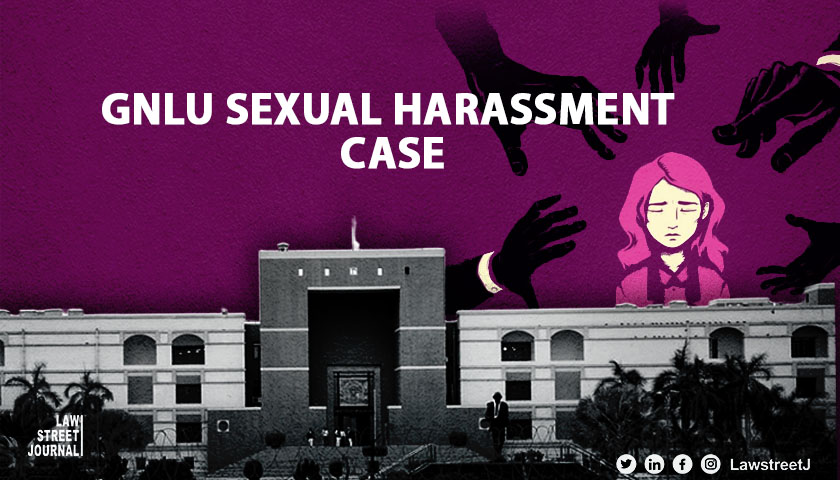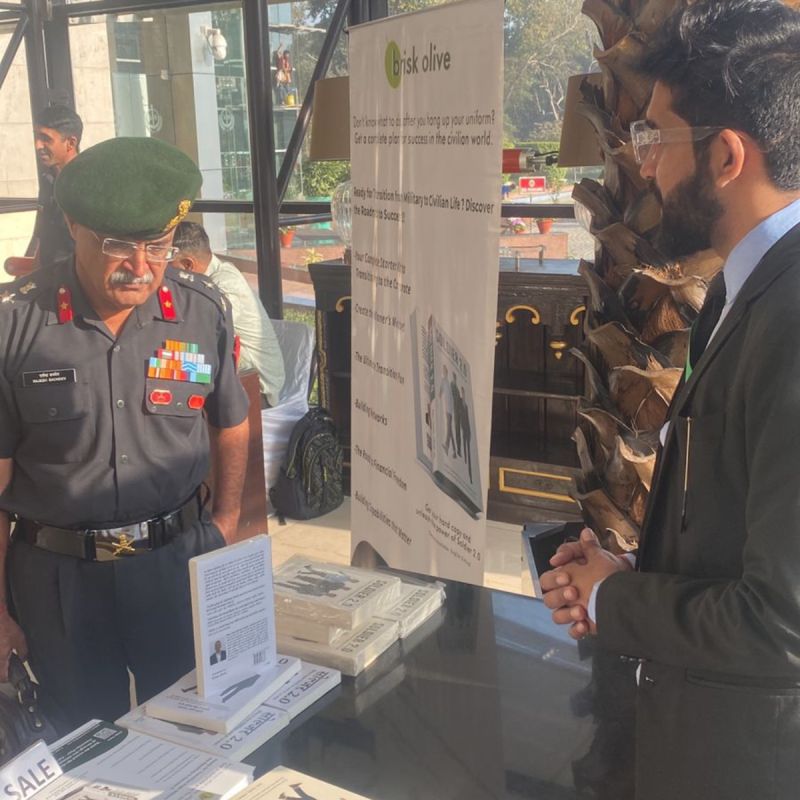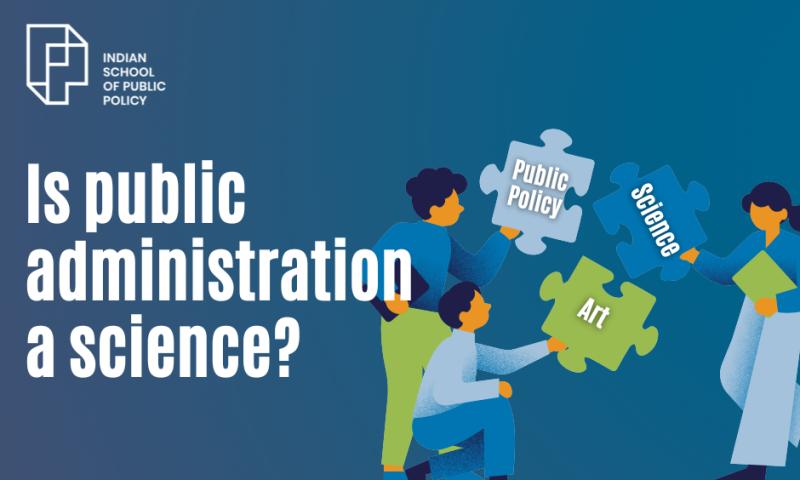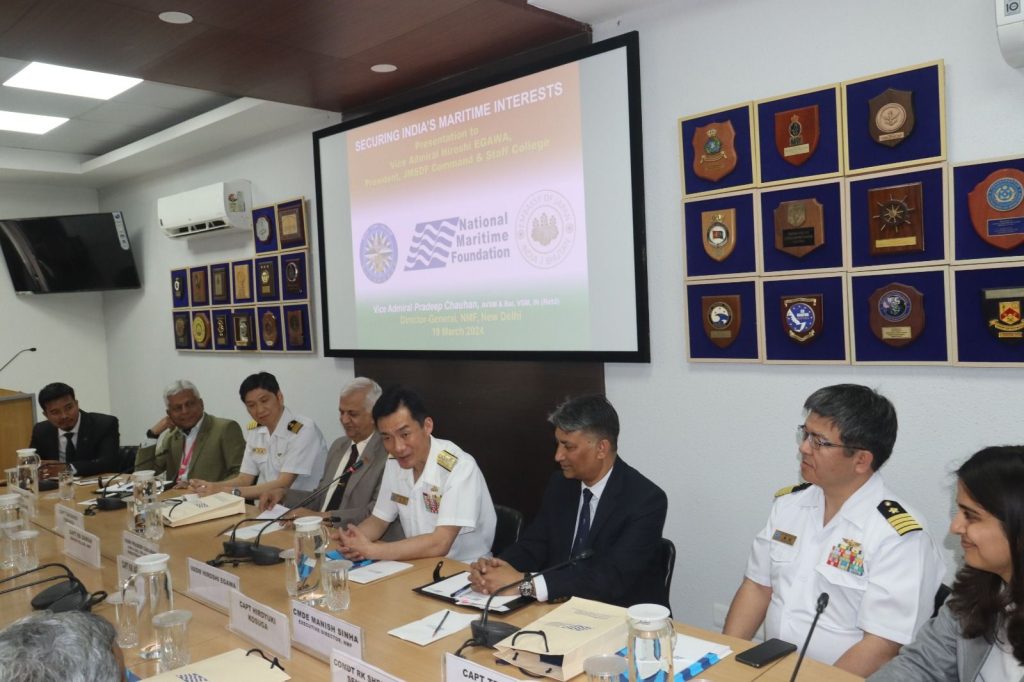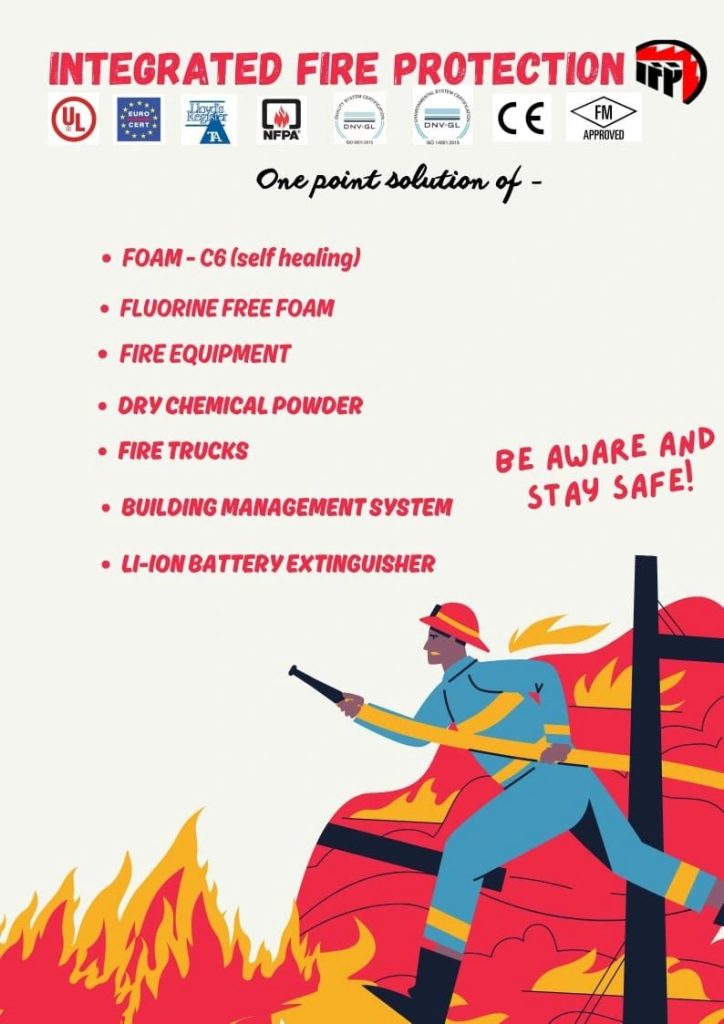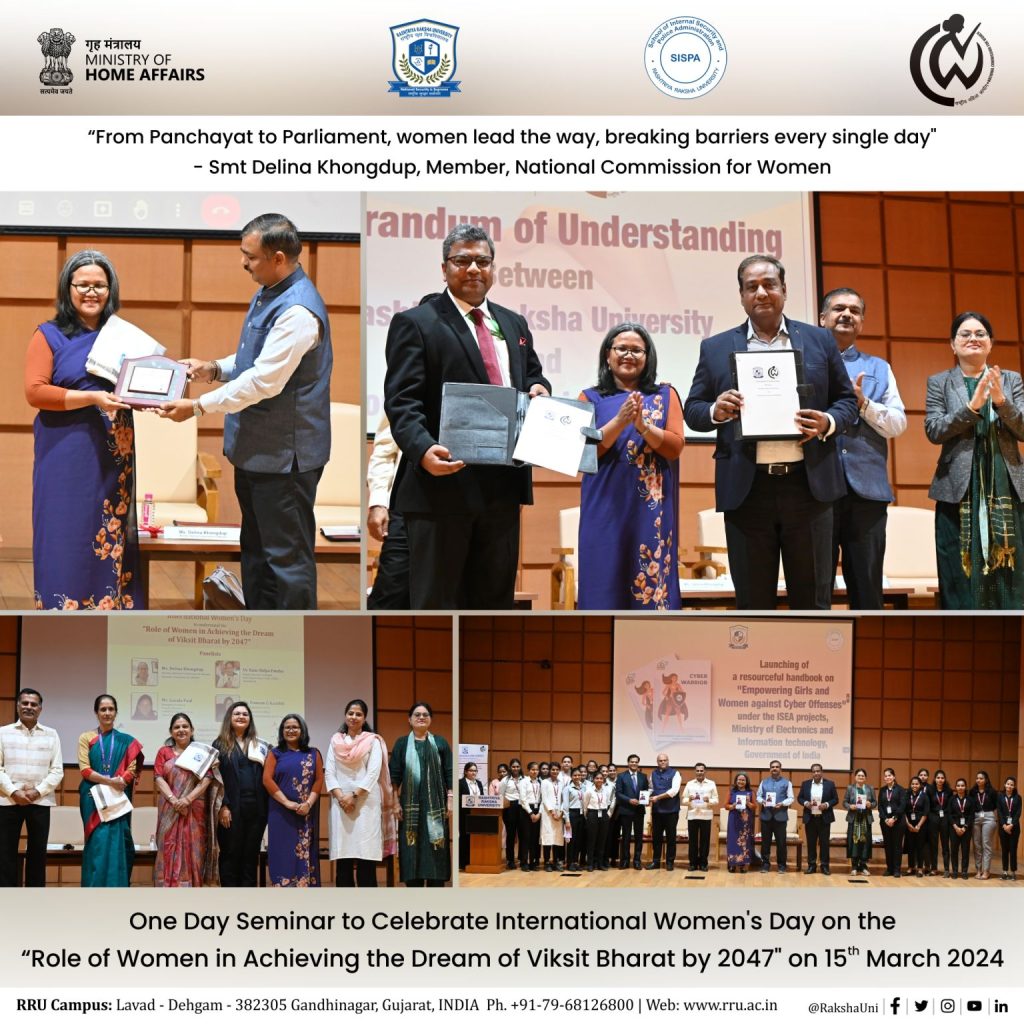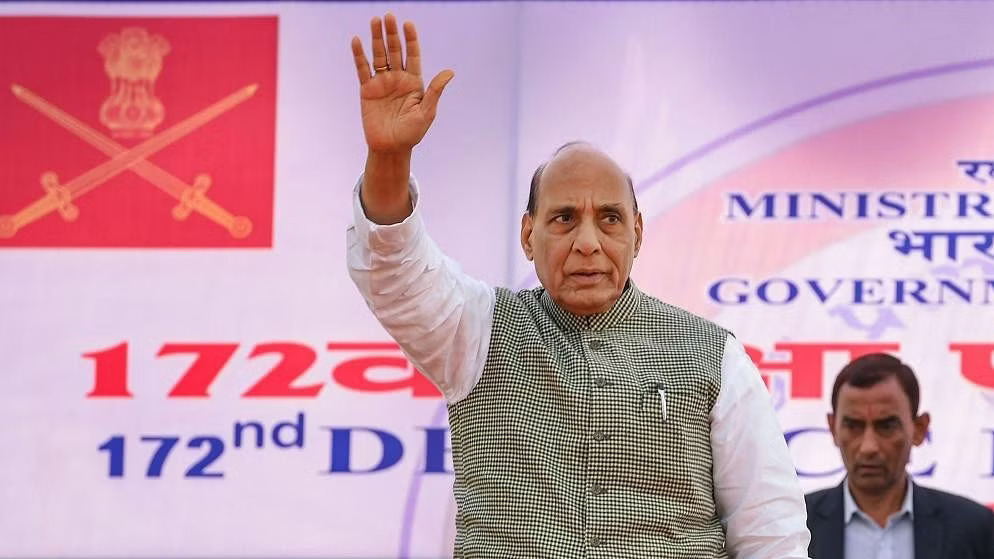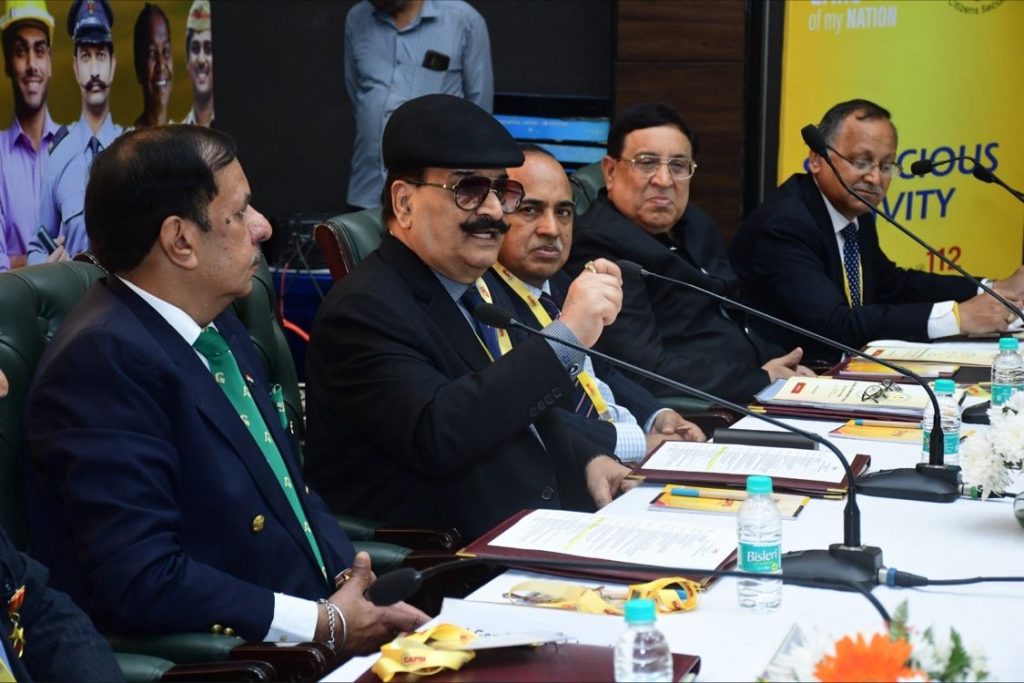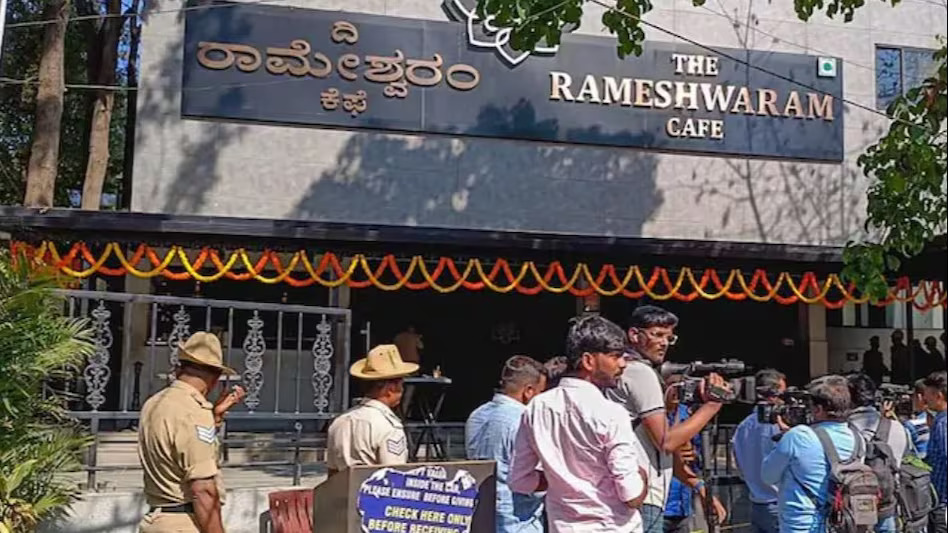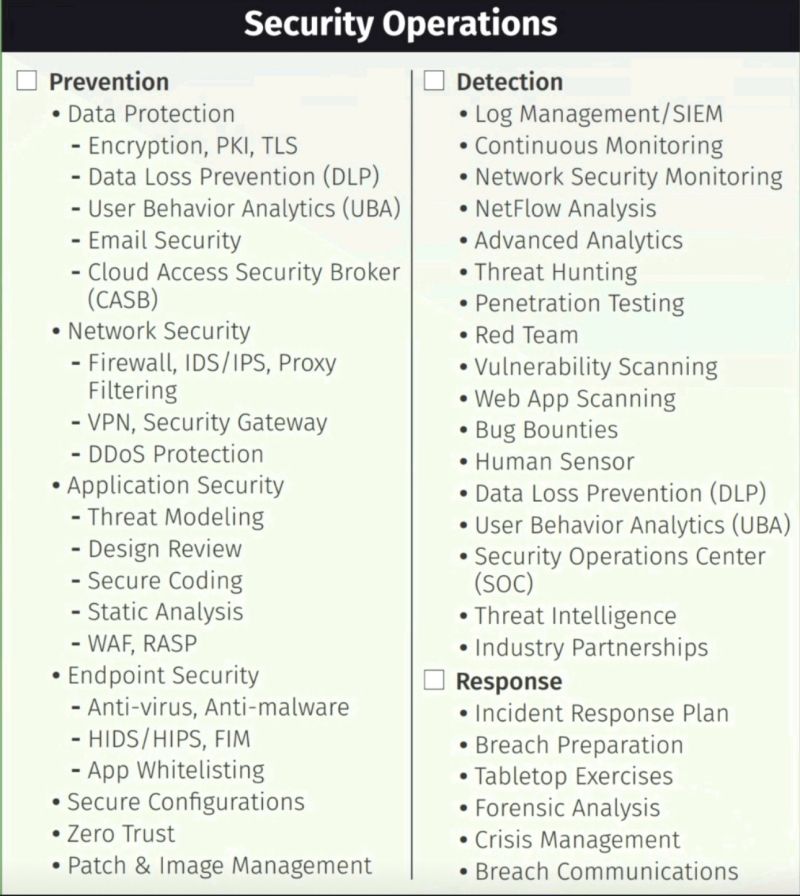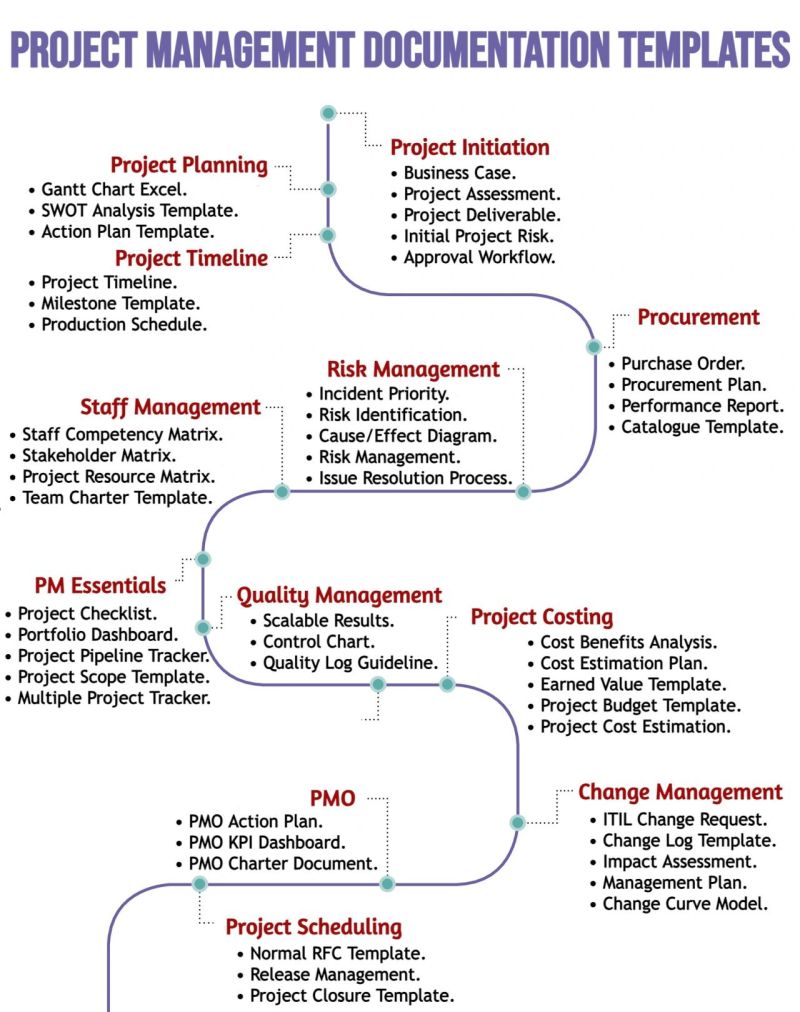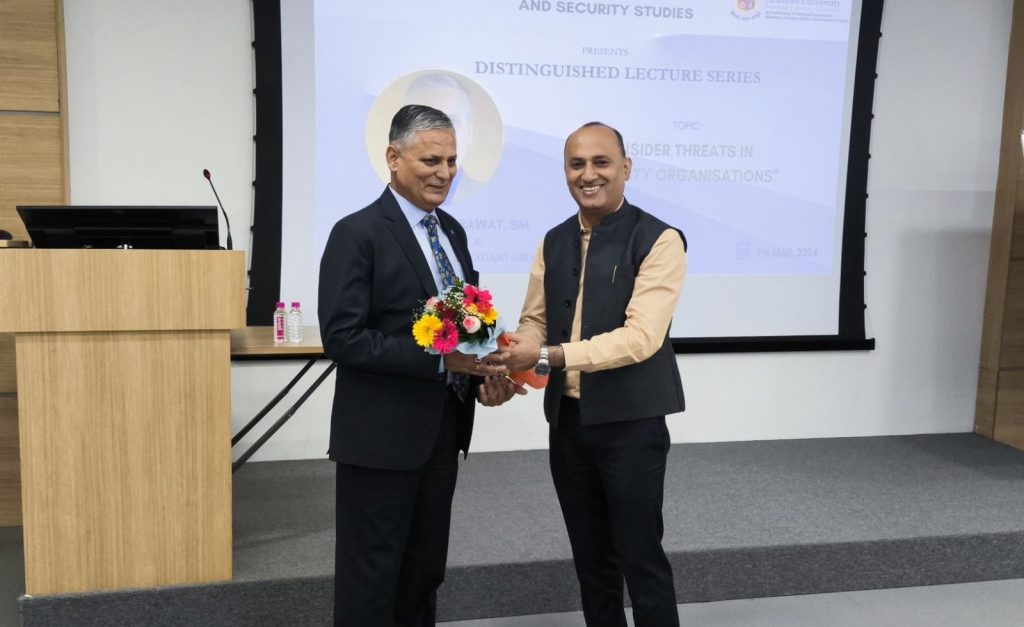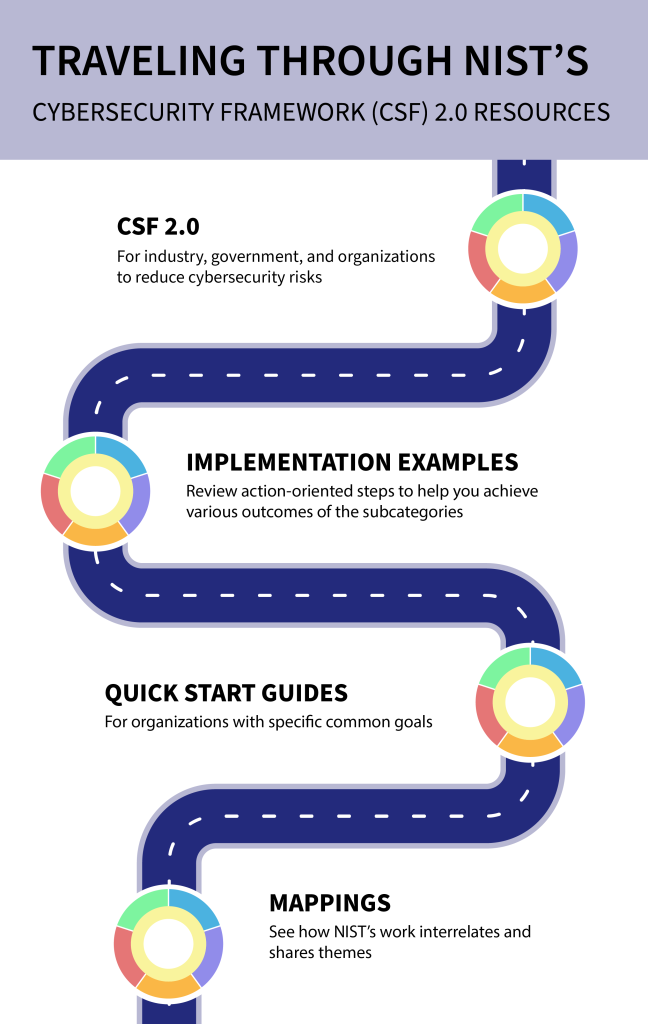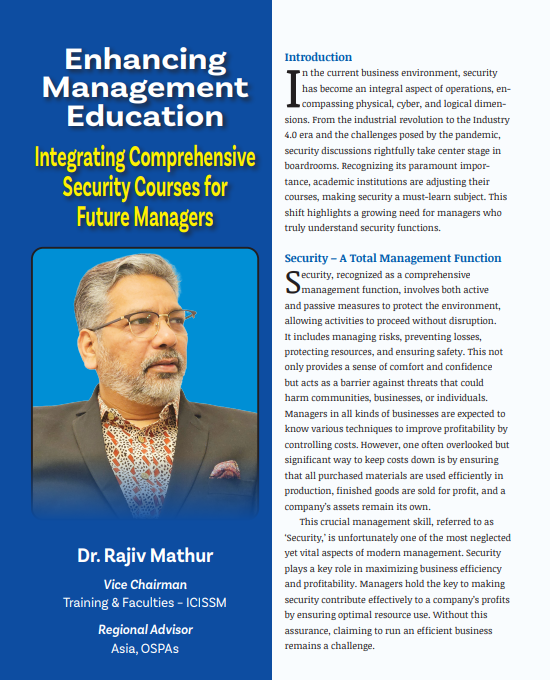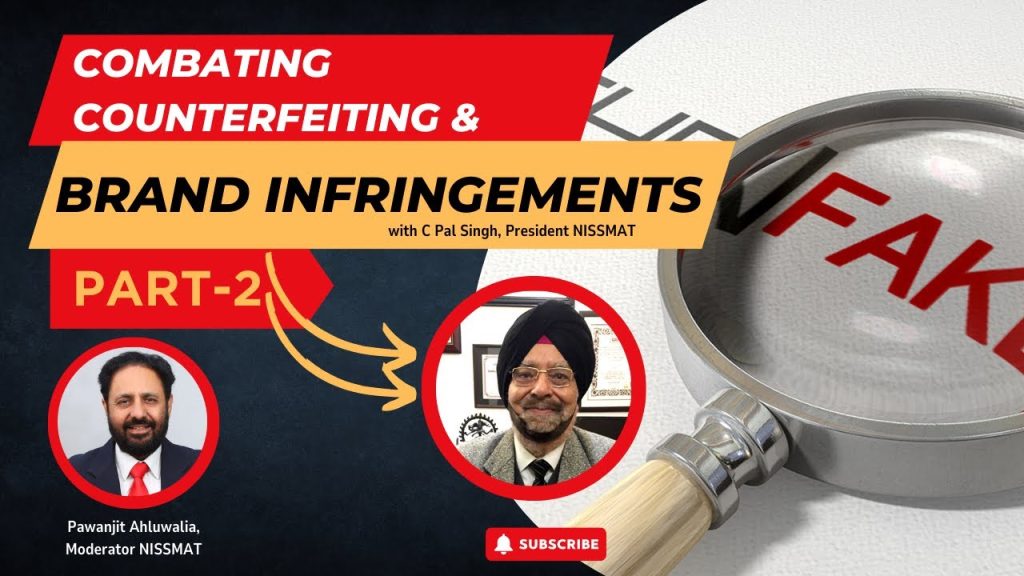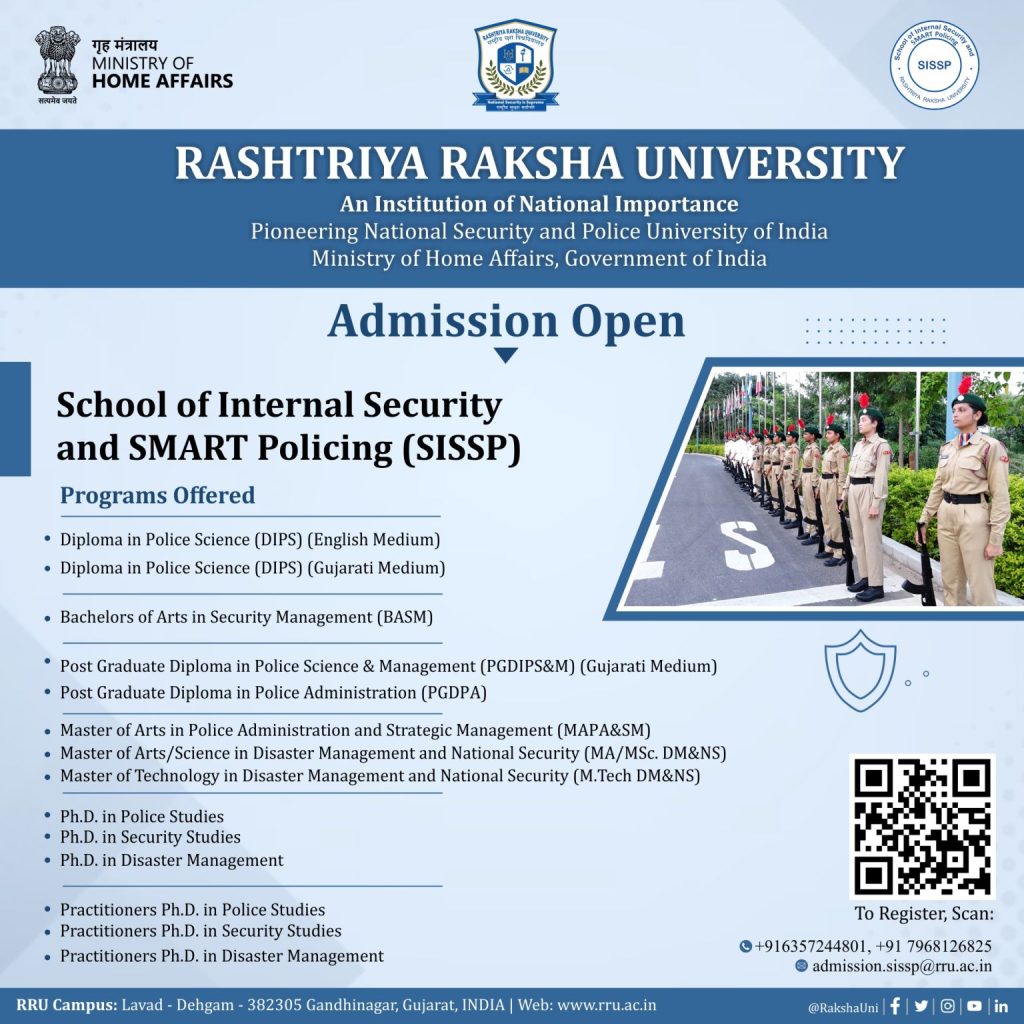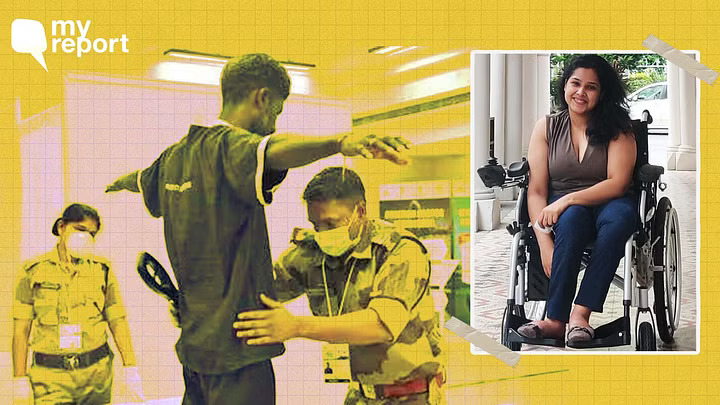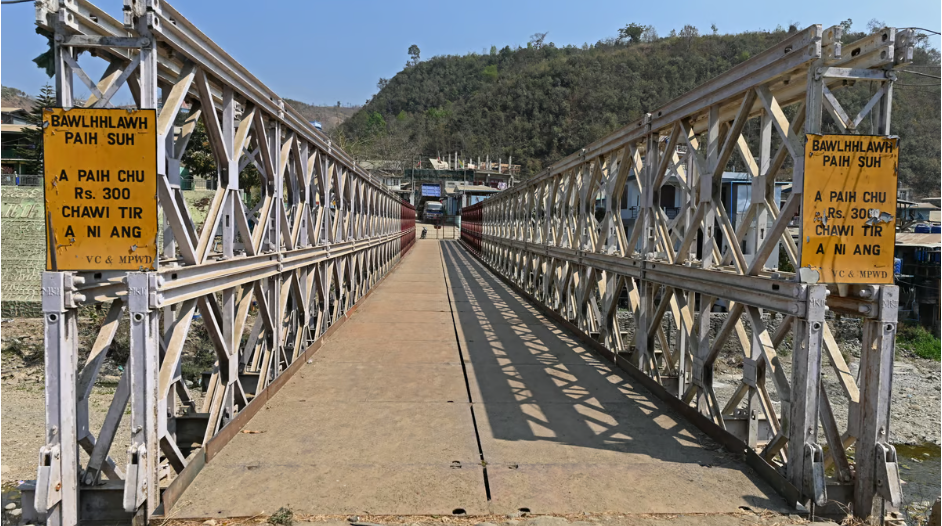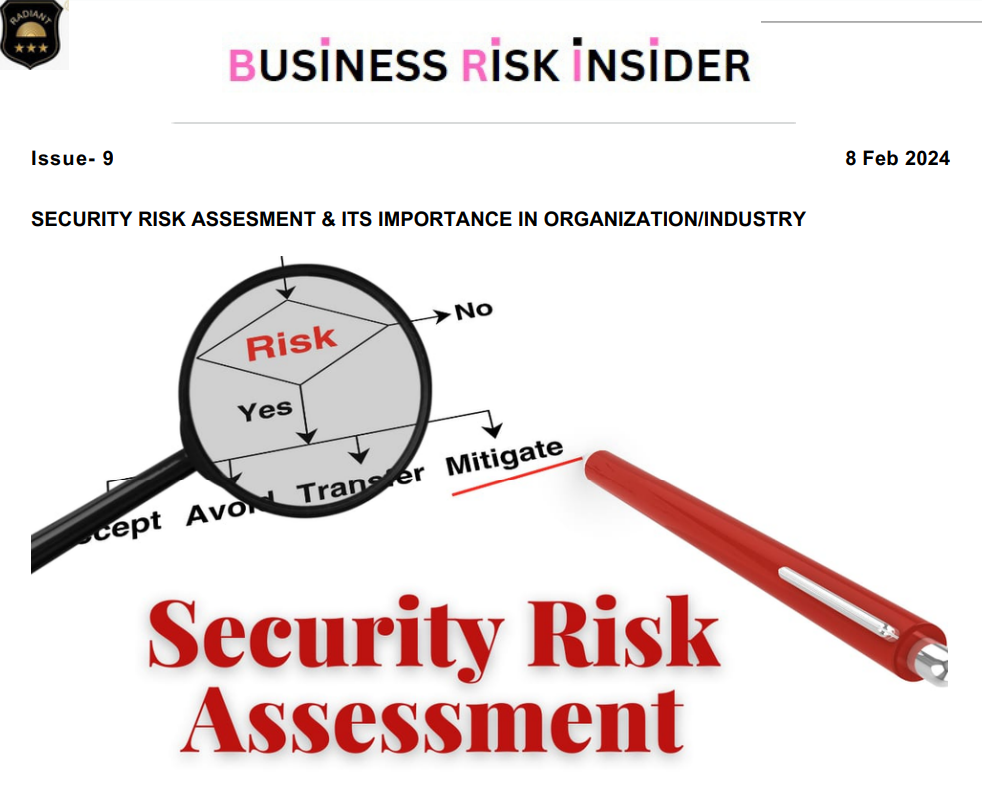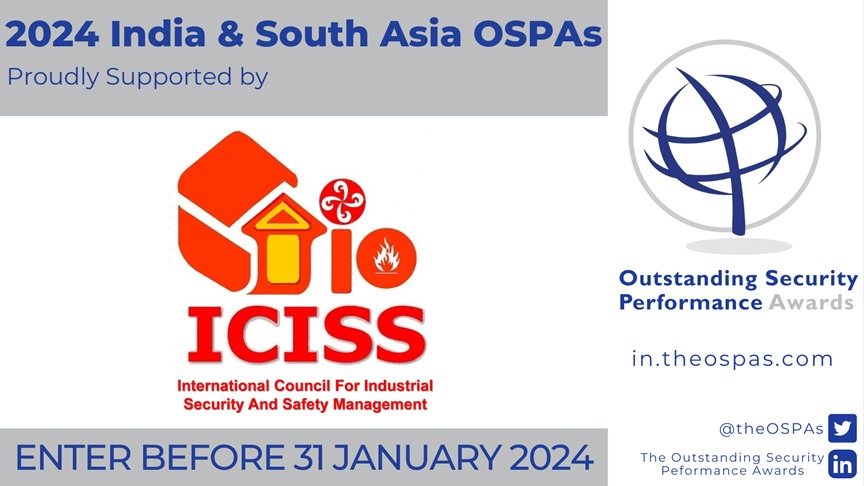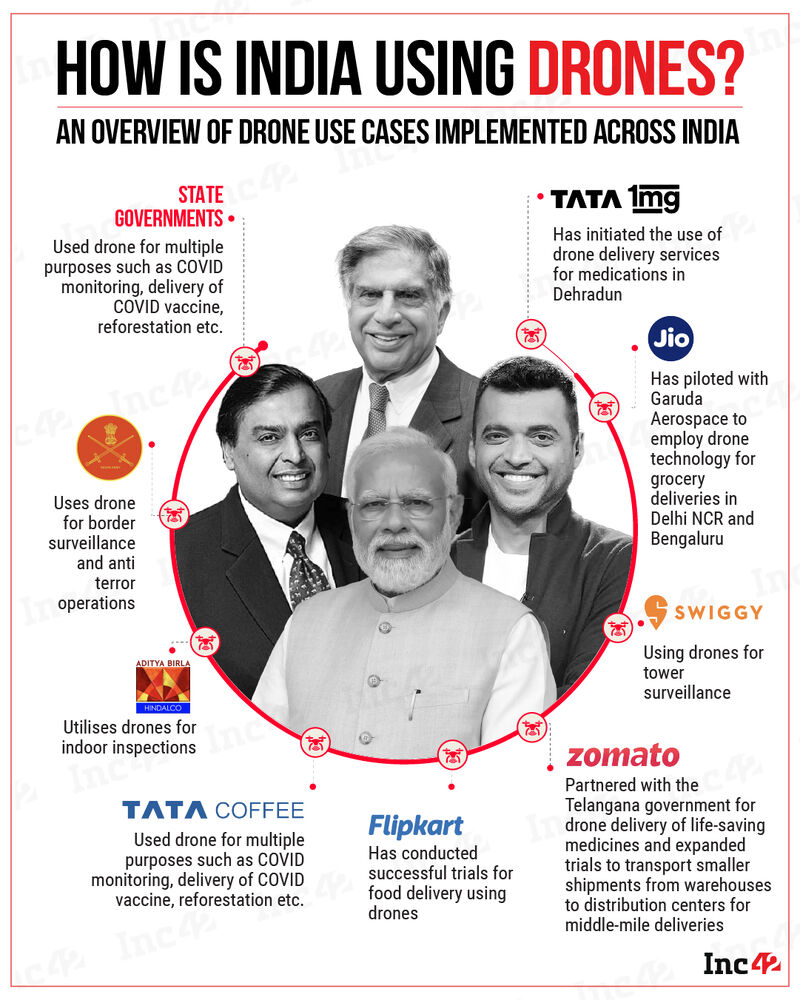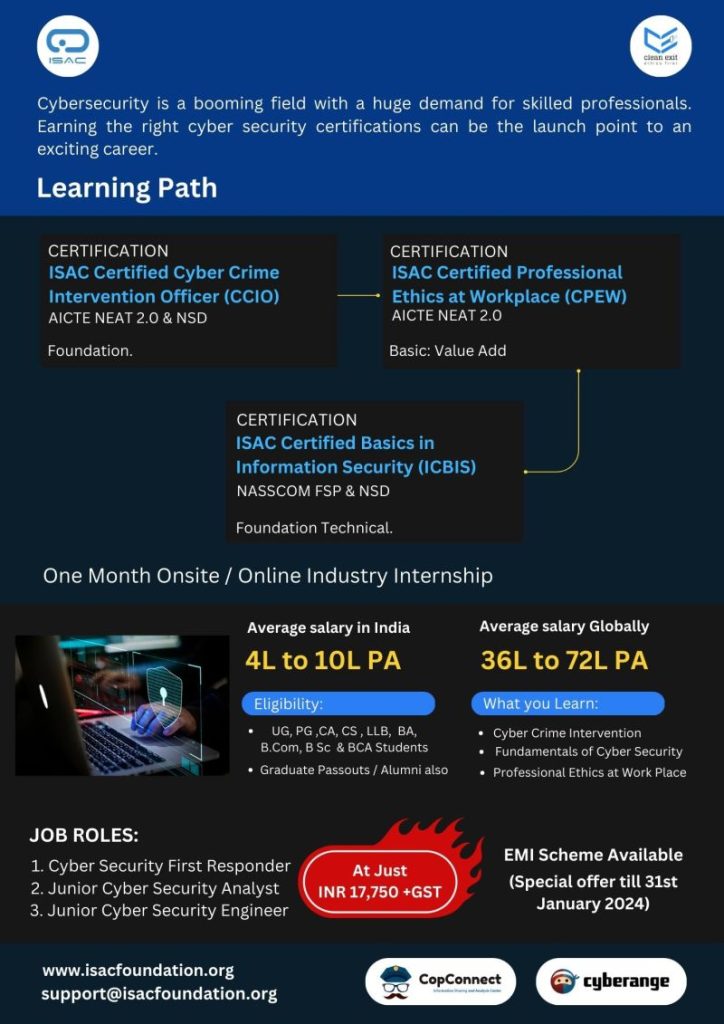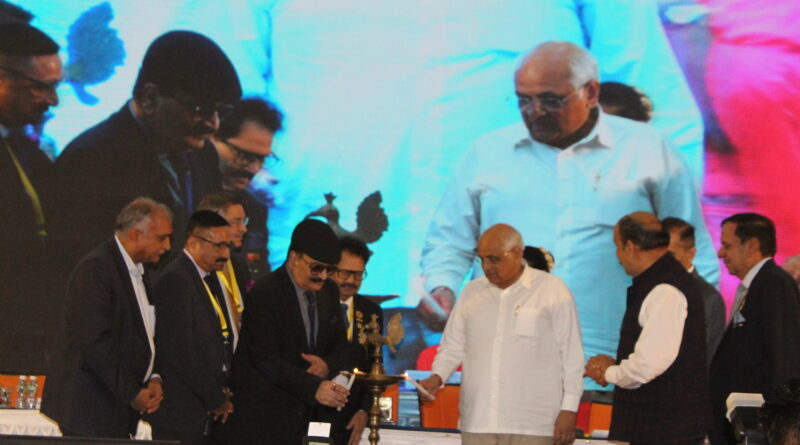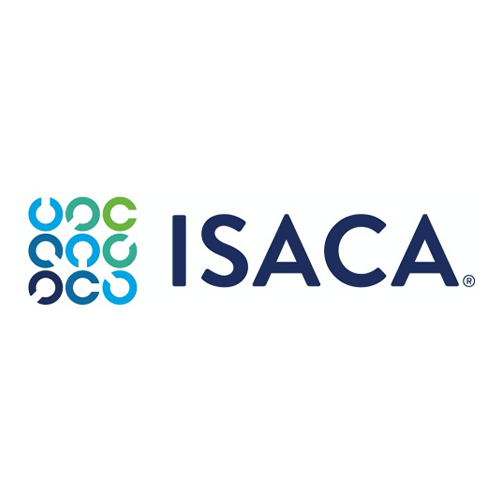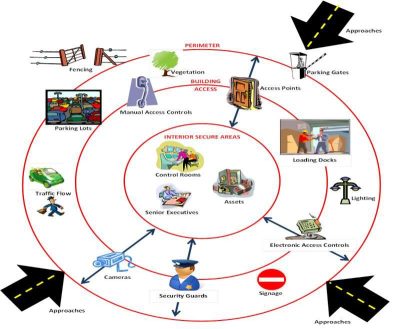POLICY ON PREVENTION AND RESOLUTION OF SEXUAL HARASSMENT AT WORKPLACE
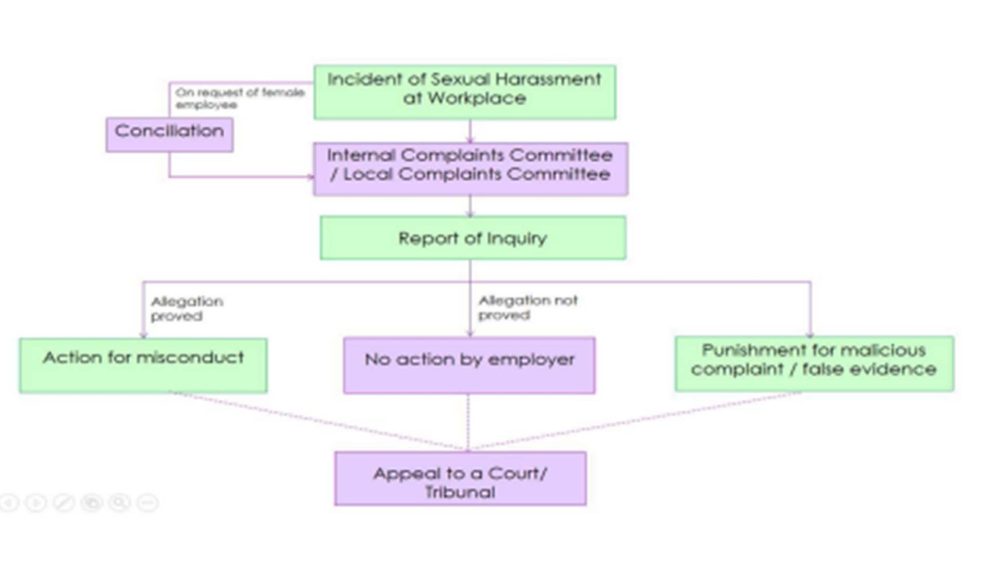
Reliance Entertainment Studios Private Limited’s Policy has also been formulated to create and maintain a safe working environment where all employees treat each other with courtesy, dignity and respect irrespective of their gender, race, caste, creed, religion, place of origin, sexual orientation, disability, economic status or position in the hierarchy. Employees in the Company are entitled to work in an environment free from any form of discrimination or conduct which can be considered harassing, coercive, or disruptive.
POLICY ON PREVENTION AND RESOLUTION OF SEXUAL HARASSMENT AT WORKPLACE
PREAMBLE
Reliance Entertainment Studios Private Limited (“Reliance/Company”) is committed to creating a healthy working environment that enables its employees to work without fear of prejudice, gender bias and sexual harassment. The Company has zero tolerance for sexual harassment and believes that all employees of the Company have the right to be treated with dignity. Sexual harassment at the work place or other than work place if involving employees is a grave offence and is strictly prohibited by the Company.
This Policy has also been formulated to create and maintain a safe working environment where all employees treat each other with courtesy, dignity and respect irrespective of their gender, race, caste, creed, religion, place of origin, sexual orientation, disability, economic status or position in the hierarchy. Employees in the Company are entitled to work in an environment free from any form of discrimination or conduct which can be considered harassing, coercive, or disruptive.
This Policy extends to all employees of the Company, whether permanent or on contract or any other, and is deemed to be incorporated in the service conditions of all employees and comes into effect immediately.
- POLICY OBJECTIVE AND STATEMENT
The purpose of this policy is to foster a respectful workplace through the prevention and prompt resolution of harassment and make Reliance a workplace which figures as a satisfactory place for Employees to have their genuine concerns being looked into by the management via the Internal Complaint Committee formed for this purpose.
We at Reliance are committed towards giving every employee a just and fair hearing on issues encountered by them at the workplace with special attention to sexual harassment. Reliance will take very serious disciplinary action against any victimization of the employee who is complaining or the alleged harasser that may result from a complaint.
- APPLICATION
This policy applies to all employees of all departments/ divisions and business verticals of Reliance and its subsidiaries.
This policy applies to all categories of Employees (as defined below) of Reliance, at their workplace or at client sites. The Company will not tolerate sexual harassment, if engaged in by clients or by suppliers or any other business associates.
The workplace includes:
All offices or other premises where the Company’s business is conducted.
All company-related activities performed at any other site away from the Company’s premises. 3. Any social, business or other functions where the conduct or comments may have an adverse impact on the workplace or workplace relations.
Any place visited by the Employee arising out of during the course of employment including transportation by the Company for undertaking such journey.
- DEFINITIONS
“Act” means Sexual Harassment of Women at Workplace (Prevention, Prohibition and Redressal) Act, 2013.
“Aggrieved Woman” means a woman of any age, in relation to the workplace whether employed or not, who alleges to have been subject to any act of sexual harassment by the respondent.
“Complaint” is meant to construed, defined, understood and interpreted as a formal allegation of Harassment submitted in writing or otherwise by the Aggrieved Woman to the Internal Complaint Committee.
“Conciliation” a process to resolve conflict/complaint by the Internal Complaints Committee on the specific request of the aggrieved employee in the manner provided under the Act.
“Employee” means a person employed at a workplace for any work on regular, temporary, ad hoc or daily wage basis, either directly or through an agent, including a contractor, with or, without the knowledge of the principal employer, whether for remuneration or not, or working on a voluntary basis or otherwise, whether the terms of employment are express or implied and includes a co
worker, a contract worker,’ probationer, trainee, apprentice or called by any other such name.
“Harassment” is any improper conduct by an individual, that is directed at and offensive to another person or persons in the workplace, and that the individual knew or ought reasonably to have known would cause offence or harm. It comprises any objectionable act, comment or display that demeans, belittles, or causes personal humiliation or embarrassment, and any act of intimidation or threat. It includes harassment within the meaning of the “Protection of Human Rights Act, 1993” and applicable international and united nation’s conventions and treaties. Harassment shall also include Sexual harassment as defined below.
“Internal Complaints Committee” means a committee constituted by the Company as per this Policy.
“Respondent” means a person against whom the Aggrieved Woman has made a complaint in respect of sexual harassment at workplace.
“Rules” shall mean the Sexual Harassment of Women at Workplace (Prevention, Prohibition and Redressal) Rules, 2013
“Sexual Harassment” shall mean and include any one or more of the following unwelcome acts or behaviour (whether directly or by implication) namely:
a) physical contact and advances; or
b) a demand or request for sexual favours; or
c) making sexually coloured remarks; or
d) showing pornography; or
e) any other unwelcome physical, verbal or non-verbal conduct of sexual nature.
Sexual harassment also include any of the following:
a) unwelcome sexual advances, requests or demand for sexual favours, either explicitly or implicitly, in return for employment, promotion, examination or evaluation of a person towards any company activity;
b) unwelcome sexual advances involving verbal, non-verbal, or physical conduct such as sexually coloured remarks, jokes, letters, phone calls, e-mail, gestures, showing of
pornography, lurid stares, physical contact or molestation, stalking, sounds, display of pictures, signs, verbal or non-verbal communication which offends the individuals sensibilities and affect her/his performance;
c) eve teasing, innuendos and taunts, physical confinement against one’s will and likely to intrude upon one’s privacy;
d) act or conduct by a person in authority which creates the environment at workplace hostile or intimidating to a person belonging to the other sex;
e) conduct of such an act at work place or outside in relation to an employee of the Company, or vice versa during the course of employment; and
f) any unwelcome gesture by an employee having sexual overtones.
- POLICY REQUIREMENTS
∙ Employees are responsible for fostering a Harassment free work environment. ∙ All Employees shall be informed of this policy during recruitment and by general publicity during the course of their employment with the Company and shall be deemed to be incorporated in the service conditions of all employees and comes into effect immediately.
∙ Early Resolution Mechanism should be used to resolve problems of Harassment at the outset. ∙ The complaint process, including the investigation if necessary, should be completed without undue delay.
∙ Corrective action must be taken timely in all situations of Harassment and the same must be communicated to all the parties involved in it.
∙ Harassment may result in corrective or disciplinary measures being taken, up to and including termination of respondent. Disciplinary or corrective measures may also be taken against the following: any manager who is aware of a Harassment situation and who fails to take corrective action; anyone who interferes with the resolution of a complaint by threats, intimidation or retaliation; or anyone who files a complaint that is frivolous or in bad faith.
- RESPONSIBILITY AND AUTHORITY
The ultimate responsibility and authority for applying this policy rests with the directors and his or her authorized representative(s) and Head of Human Resources and finally the board of directors.
- EXPECTATIONS A. EMPLOYEES
Employees are expected to act towards other colleagues/Employees professionally and respectfully, and in a cordial manner.
Employees, who believe they have been treated in an improper and offensive manner and feel that they are being harassed, may file a complaint with the Internal Complaints Committee. It is advised to report the incident/last incident of harassment within 24 hours from the date of incident, however, maximum within a period of 3 months from the date of incident/last incident. They can take help or guidance from the seniors, or the manager designated by the Company.
Company shall try its best effort to take prompt action if Employees report an incident of Harassment to their supervisor/manager or if necessary, to another appropriate manager, within 24 hours of incident or as soon as possible.
They can expect to be treated without fear of embarrassment or reprisal when dealing with a Harassment situation or involved in the resolution of a complaint via Internal Complaint Committee.
B. COMPLAINANTS, RESPONDENTS AND WITNESSES
Complainants, respondents and witnesses are expected to provide information as required in the steps noted under “Complaint Process”.
They are required to fully co-operate in the Complaint Process as and when called upon to do so. 3. They are strictly required to limit the discussion of the complaint or any matter pertaining to the complaint to only those who need to know and/or Internal Complaint Committee. 4. They may review their statement as recorded by the investigator, to confirm its accuracy, prior to the final report being submitted, subject to only necessary modification.
Complainants and respondents will receive information related to the complaint in writing, including allegations, as noted in the steps below, under “Complaint Process”, and in accordance with the principles of procedural fairness.
Complainants and respondents may review a copy of the draft report followed by the Internal Complaints Committee, who after receiving such request applies his mind to judge if it would be in interest of justice to accede to such request. They will be informed of the outcome of the investigation and will receive a copy of the final report by email, post, courier or as may be directed by the Internal Complaints Committee.
- INTERNAL COMPLAINT COMMITTEE
A Committee has been constituted by the Management called the Internal Complaints Committee to consider and redress complaints of Harassment. The Presiding Officer and Members of the Committee are as follows:
(i) One Presiding Officer who shall be a senior level woman employee of the Company;
(ii) Two employee members preferably committed to the cause of women or who have experience in social work or have legal knowledge; and
(iii) One member from amongst Non-Government Organization or Association committed to the cause or a person familiar with the issues relating to sexual.
The objectives of the Internal Complaints Committee are:
∙ Prevent discrimination and Harassment against all employees, by promoting gender amity among employees;
∙ Make recommendations to the Management for changes/elaborations in Employee Policy, to make them gender just and to lay down procedures for the prohibition, resolution, settlement and prosecution of acts of discrimination and sexual harassment against women by the employees;
∙ Deal with cases of discrimination and Sexual Harassment against women, in a time bound manner, aiming at ensuring support services to the victimized and termination of the harassment;
∙ Recommend appropriate punitive action against the guilty party to the Director/Management;
∙ Follow any other procedure as mandated in the Act.
8. COMPLAINT PROCESS
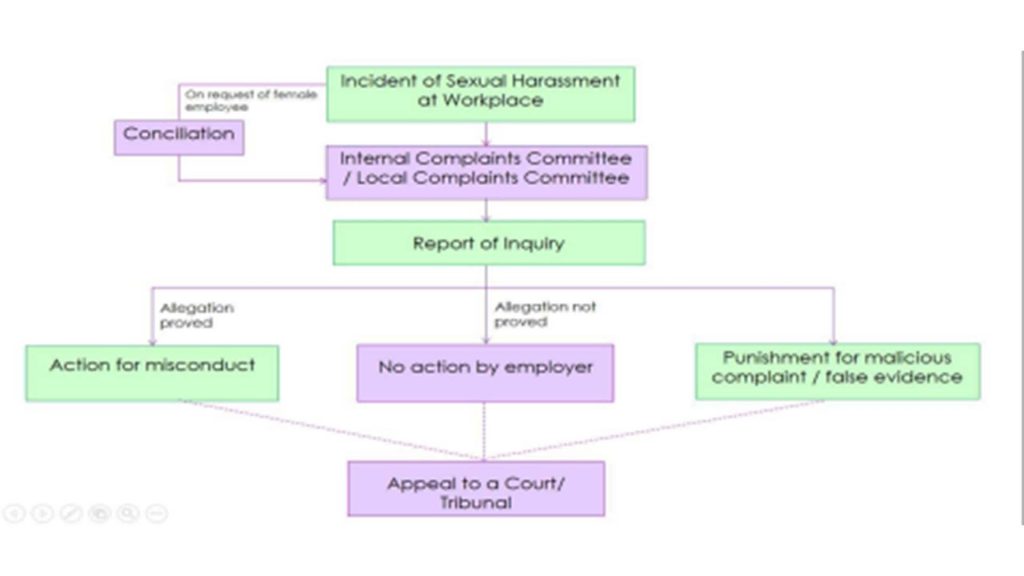
Any aggrieved employee who feels and is being harassed, sexually or otherwise, directly or indirectly, may submit a complaint of the alleged incident to the Internal Complaints Committee in writing within 24 hours from the date of incident, however, maximum within a period of 3 months from the date of incident/last incident. The aggrieved employee shall submit six copies of the complaint along with the supporting documents and name and addresses of the witnesses. Provided that where such a complaint cannot be made in writing, the Presiding Officer or any member of the Complaints Committee, as the case may be, shall render reasonable assistance to the employee for making the complaint in writing. The Complaints Committee, for reasons to be recorded in writing, extend the time limit not exceeding three months, if satisfied that the circumstances were such which prevented the woman from filing a complaint within the said period.
∙ Where the aggrieved employee is unable to make a complaint on account of their physical incapacity, a complaint may be filed by
a) a relative or friend; or
b) a co-worker; or
c) an officer of the National Commission for Women or State Women’s Commission; or d) any person who has knowledge of the incident, with the written consent of the aggrieved person.
Where the aggrieved employee is unable to make a complaint on account of their mental incapacity, a complaint may be filed by
a) a relative or friend; or
b) a special educator’ or
c) a qualified psychiatrist or psychologist; or
d) the guardian or authority under whose care they are receiving treatment or care; or e) any person who has knowledge of the incident jointly with any of the above.
Where the aggrieved employee on for any other reason is unable to make a complaint, a complaint may be filed by any person who has knowledge of the incident, with their written consent.
Where the aggrieved employee is dead, a complaint may be filed by any person who has knowledge of the incident, with the written consent of their legal heir.
∙ Internal Complaints Committee on receipt of such written complaint, may, if required, ask the aggrieved person to furnish additional information about the alleged harassment.
∙ The Complainant or person authorized on their behalf as per above provision, shall make a complaint to the Internal Complaints Committee through following mode:
Copy of complaint in the prescribed format along with supporting documents and names and address of witness shall be sent to Internal Complaints Committee.
On receipt of such complaint, Internal Complaints Committee shall provide a copy along with supporting documents of such complaints to the Respondent within 7 working days
Respondent shall file reply within 10 working days of receipt of the complaint along with list of documents, names and addresses of witnesses
Internal Complaints Committee shall investigate in detail into the matter of the complaint. The Internal Complaints committee shall have the right to call the person against whom the complaint is made or any other witnesses as when necessary.
Internal Complaints Committee shall have the right to terminate the enquiry or give ex-parte decision on the complaint, if the Respondent or complainant remains absent for 3 consecutive hearings, without sufficient cause.
The Internal Committee must complete its investigation within a period 90 days.
The parties shall not be allowed to bring any legal practitioner to represent them in their case at any stage of the proceedings before the Internal Complaints Committee.
For conducting the inquiry, the quorum of the Internal Complaints Committee shall be of 3 members including the presiding officer.
∙ The Committee may, before initiating an inquiry and at the request of the aggrieved employee take steps to settle the matter between them through conciliation provided that no monetary settlement shall be made the basis of such conciliation.
∙ If the conciliation proceedings fail or if no conciliation was requested, the Committee shall conduct an inquiry and complete the same within 90 days from receipt of the complaint in accordance with the provisions of the applicable service rules.
∙ Where both the parties are employees, the parties shall be given an opportunity of being heard and be shown a copy of the findings to enable them to make representations against the findings of the Committee.
- EARLY DISPUTE RESOLUTION –CONCILIATION
∙ The objective of early dispute resolution via conciliation is to resolve any situation or conflict of harassment as soon as possible, in a fair, transparent and respectful manner, without having resort to the complaint process. Before initiating complaint process with the Internal Complaint Committee and at the request/consent of the aggrieved employee, effort should be made to resolve the problem at the earliest with open communication and in a most co-operative manner via conciliation between the parties to the complaint with the help of the manager appointed for this purpose by the company. The use of early problem resolution mechanisms i.e. Conciliation, can in many instances resolve the issue and prevent the situation from escalating to the point where filing a complaint is necessary.
Process
The complainant reports a complaint in writing/verbally to the appointed manager if referred by the Internal Complaints Committee.
Appointed manager addresses the situation and investigates the complaint.
Appointed manager provides opportunity to all parties (complainant, respondent, witness) to explain the briefs of the complaint.
If the supervisor/manager is not a party, then inform them also in the process.
Try to pacify and resolve the issue amicably between the parties.
If resolved with the consent of all the parties involved, then record the settlement arrived between the parties and forward the same to the Board of Directors to take action as specified in the recommendation. Further appointed manager shall intimate all the parties involved the outcome of the complaint and provide the copies of the settlement as recorded to the aggrieved Employee and respondent.
However, no monetary settlement shall be made as a basis of Conciliation between the parties.
Where, a settlement is arrived as mentioned hereinabove, no further enquiry shall be conducted by the Internal Complaints Committee.
- INQUIRY PROCESS
∙ The Internal Complaints Committee shall immediately proceed with the Inquiry and communicate the same to the Complainant and person against whom complaint is made. The venue of the Inquiry shall take into consideration the convenience and security of the complainant.
∙ The Internal Complaints Committee will ask the Complainant to prepare a detailed statement of the incidents/allegations. Thereafter, the statement of Allegations will be shared with the accused.
∙ The accused will be asked to prepare a response to the statement of allegations and submit to the Internal Complaints Committee within a prescribed time limit.
∙ The Committee shall organize verbal hearings with the Complainant and the accused.
∙ The Internal Complaints Committee will take testimonies of other relevant persons and review the evidence wherever necessary. The Internal Complaints Committee should ensure that sufficient care is taken to avoid any retaliation against the witnesses.
∙ During the inquiry process, the Complainant and the accused would be expected to refrain from any form of threat, intimidation or influencing of witnesses.
∙ The Internal Complaints Committee will conduct inquiry in accordance with the practices of natural justice, i.e. Complainant will be offered to the accused for cross-examination and vice versa.
∙ The Internal Complaints Committee will arrive at a decision after carefully and fairly reviewing the circumstances, evidence and relevant statements.
∙ The identities of the Complainant and all witnesses shall throughout be protected and kept confidential by the Internal Complaints Committee.
∙ During the pendency of an inquiry, on a written request of the aggrieved employee, the Internal Complaints Committee may recommend the Company to
– Transfer the aggrieved employee or the accused to any other workplace; or – Grant leave to the aggrieved employee up to a period of three months; or
The leave granted to the aggrieved employee hereunder shall be in addition to the leave she would be otherwise entitled to.
∙ The Internal Complaints Committee will be empowered to do all things necessary to ensure a fair hearing of the complaint including all things necessary to ensure that victims or witnesses are neither victimized nor discriminated against while dealing with a complaint of sexual harassment. In this regard, the committee will also have the discretion to make appropriate interim recommendations in relation to an accused person (pending the outcome of a complaint) including suspension, transfer, leave, change of work location etc.
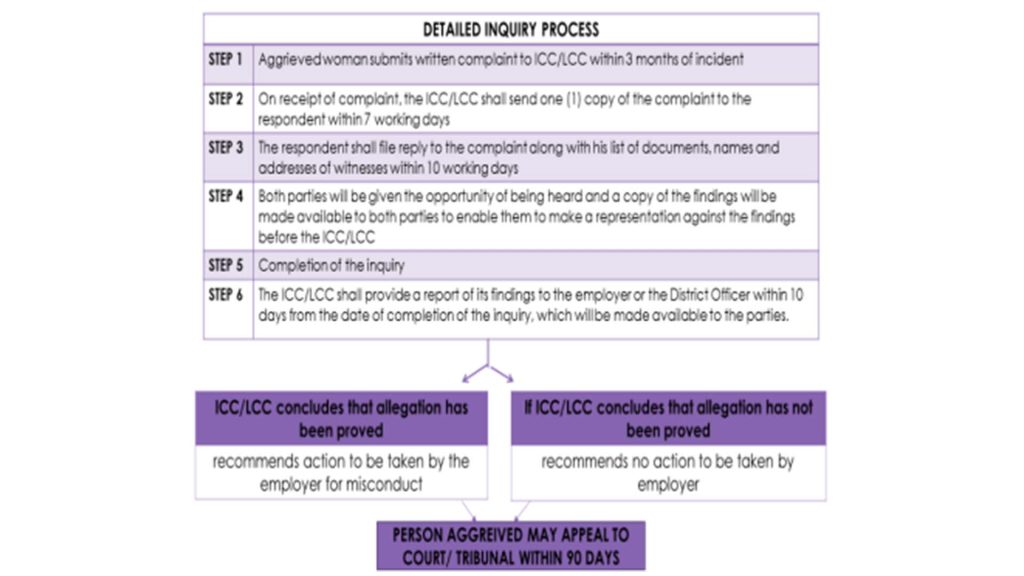
- INQUIRY REPORT AND ACTION
∙ The Internal Complaints Committee shall provide a report of its findings to the Company within 10 days from the date of completion of the inquiry as such report shall also be made available to the concerned parties.
∙ If, as per the Internal Complaints Committee report:
The allegation levelled is proved, and action for misconduct is taken as provided under the service rules of the Company or if the Harassment is grave, the Company shall inform the relevant authorities to institute penal action under the Indian Penal Code, 1860, which has provided special provisions for crimes relating to Harassment.
The allegation levelled is not proved due to the inability of the Complainant to prove the facts and in the absence of malicious intent; the Company shall decide not to take any action. iii. The allegation levelled is not proved and the allegation was made with a “false and malicious” intent, action can be against the Complainant for misconduct.
∙ The Complaints Committee shall in case where the allegations against the accused have been proved recommend any action against the respondent including a written apology, warning, reprimand or censure, withholding of promotion, withholding of pay rise or increments, terminating the respondent from service or undergoing a counseling session or carrying out community service.
∙ In addition to action which the Management may initiate under the Sexual Harassment of Woman at Workplace (Prevention, Prohibition & Redressal) Act 2013, the following liability may arise under the Indian Penal Code.
Under the Indian Penal Code, (IPC), the newly introduced Section (S. 354A) which deals with Sexual Harassment has made this a ‘cognizable offense’ i.e. a person charged with Sexual Harassment may be arrested without a warrant.
A man committing any of the following acts
Physical contact and advances involving unwelcome and explicit sexual overtures or
a demand or request for sexual favours or
Showing pornography against the will of a woman or
Making sexually coloured remarks.
shall be guilty of the offence of sexual harassment.
iii. Any man who commits the offence specified in clause (i) or clause (ii) or clause (iii) above, shall be punished with rigorous imprisonment for a term which may extend to three years, or with fine, or with both.
Any man who commits the offence specified in clause (iv) above shall be punished with imprisonment of either description for a term which may extend to one year, or with fine, or with both.
In addition, acts of Sexual Harassment may also constitute other offenses under IPC including Section 354 (assault or criminal force to woman with intent to outrage her modesty), Section 354C (Voyeurism), Section 354D (Stalking), Section -375 and 376 (Rape) and Section 509 (word, gesture or act intended to insult the modesty of a woman) of the IPC.
- ACTION FOR FALSE/MALICIOUS COMPLAINT
If the Internal Complaints Committee arrives at the conclusion that the allegation against the accused is malicious or the aggrieved woman or any other person making the complaint has made the complaint knowing it to be false or the aggrieved woman or any other person making the complaint has produced any forged or misleading document, it may recommend the Company to take action against the employee who has made the complaint. Provided that a mere inability to substantiate a complaint or provide adequate proof need not attract action against the Complainant.
- CONFIDENTIALITY
The identity and addresses of the aggrieved employee, respondent and witnesses, any information relating to conciliation and inquiry proceedings, recommendations of the Internal Complaints Committee and action taken against the respondent under this policy shall not be published, communicated or made known to public, press and media in any manner by any person having knowledge of the same.
- APPEAL AND OTHER RECOURSE
Any person aggrieved from the recommendations made by the Internal Complaints Committee or non implementation of such recommendations may prefer an appeal to the court or tribunal in accordance with the provisions of the Act. The appeal shall be preferred within a period of ninety days of the recommendations.
Assaults including sexual assault are covered by the Criminal Code and in such cases if proven guilty the employment will be terminated. Any allegation of such incident must be accompanied by a police complaint.
If a complaint on the same issue is or has been dealt with through another avenue of recourse, the complaint process under this policy will not proceed further and the complaint will be closed and concerned employee must be suspended or immediately terminated.
- AWARENESS
∙ All the employees, agents, customers, vendors, partners and visitors shall have access to this Policy at any given point of time and clarification related to this Policy shall be addressed by the HR team.
∙ A brief shall be given to all existing employees regarding the features of this Policy immediately on formulation of the Policy and to new employees in the Company during their initial Induction. ∙ The Company shall comply with all other details as set out under Section 19 of the Act to ensure that all employees are provided with the safe working environment at the workplace. ∙ Company shall display the notice showing the name of the Internal Complaints Committee members at its every establishment at a conspicuous place.
- MONITORING
The Internal Complaints Committee will monitor results in achieving the policy objective and statement.
- ANNUAL REPORT
The ICC shall prepare an annual report which shall have the following details:
∙ Number of complaints of sexual harassment received in the year
∙ Number of complaints disposed of during the year
∙ Number of cases pending for more than ninety days
∙ Number of workshops or awareness programme against sexual harassment carried out ∙ Nature of action taken by the Company.
- AMENDMENT
Company may make any alteration or amendment or rescind any of the clauses of this Policy as and when it finds it necessary to do so as long as it complies with the Act. Any such alterations or amendment or rescinding will be intimated to the employee.
- REFERENCES
∙ Reliance – Competencies Profile for Internal Complaints Committee.doc
∙ Reliance – Harassment Complaint Form.doc
SEXUAL HARASSMENT PREVENTION AND RESOLUTION
Reports of sexual harassment are taken seriously and will be dealt with promptly. The specific action taken in any particular case depends on the nature and gravity of the conduct reported, and may include intervention, mediation, investigation and the initiation of grievance and disciplinary processes.
Where sexual harassment is found to have occurred and proven, the company will act to stop the harassment, prevent its recurrence, discipline those responsible, and/or remedy the effects of the harassment on the individual who reported it and the affected.
Confidentiality will be maintained to the extent reasonably possible, subject to the need to inform other manager, investigator or mediators.
Intentionally providing false information will be treated as in-discipline and may lead to strong action against the employee.
DO’S AND DON’TS
DO’s
∙ If you are being harassed
tell the harasser that the abusive behaviour is unwelcome and ask the individual(s) to stop. DO keep a record of incidents (date, times, locations, possible witnesses, what happened, your response etc.). You do not have to have a record of events in order to file a complaint, but a record can strengthen your case and help you remember details over time.
file a complaint. If, after asking the harasser to stop the abusive behaviour, the harassment continues, report the problem. You also have the right to, if circumstances warrant it, file a charge of assault with the police, however it is highly recommended that first use the channel of Internal Complaints Committees constituted for the purpose.
iii. report incidents of workplace harassment as soon as possible after the incident occurs, preferably within 15 days of the occurrence of the incidence. It should be followed with a written complaint. Once a complaint is received, it will be kept strictly confidential.
∙ For Employees:
Know Reliance’s Sexual Harassment Policy
Be aware of inappropriate behaviour and refrain from conducting any such acts iii. stop others who are found/seen conducting any such acts
report sexual harassment noticed at the work place to the appropriate Internal Complaints Committee formed for this purpose
raise issues of misconduct including sexual harassment at the workers meetings and in other appropriate forums and it should be affirmatively discussed in the employer-employee meetings.
make the work place a safe and secure place for all.
vii. Say “NO” if asked to go to places, do things or participate in situations that make you uncomfortable.
viii.Say “NO” to offensive behaviour as soon as it occurs.
refrain from taking any discriminatory actions or decisions which are contrary to the spirit of this Policy.
BE Honest- When raising an issue, do it honestly without any intention to retaliate/ falsify someone.
DON’Ts
Do not indulge in any of the following behaviour:
Eve teasing;
Unwelcome sexual advances or propositions, whether they involve physical touching or not; Comments on personal appearance and individual’s body;
iii. Sexual comments, innuendoes, gestures, and suggestive or insulting comments;
Use of lewd, foul, off-colour, sexually oriented language or “dirty” jokes with sexual implications;
Sexual epithets, written or oral references to sexual conduct, gossip regarding one’s sex and personal life; comments about an individual’s sexual activity, deficiencies, or prowess;
Leering or staring at another’s body and/or sexually suggestive gesturing;
vii. Whistling, touching, stroking someone’s hair, brushing against another’s body, pinching, patting, rubbing; grabbing, groping, kissing or fondling another person;
viii. Displaying sexually suggestive or explicit objects, posters, pictures, photographs, calendars, cartoons, screen savers or one’s own body parts;
Sitting in an obscene manner;
Excessively lengthy shake hands;
Direct or implied enquiries into one’s sexual experiences;
xii. The transmission of sexually offensive e-mail, voicemail, or instant or text messages; xiii. Unwelcome repeated requests for dates or outings;
xiv. Gender based insults or sexist remarks;
Unwelcome sexual overtone in any manner such as over telephone (obnoxious telephone calls) and the like such as calling at night, crank calls, leaving lewd messages on answering machines, SMS, email, or by any other means;
xvi. Forcible physical touch or molestation and physical confinement against ones will;
xxii. Not allowing women to come up above a particular grade;
xxiii. Addressing certain issues to men and certain to women;
xxiv. Giving extra work just because the employee is a woman;
xxv. Refusing to take complaints seriously;
xxvi. Asking unwarranted or personal questions when women ask for leave;
xxvii. Gender stereotyping (for example, women only come late and leave early, or women don’t do their work properly etc.)

 Member Login
Member Login 